Ecklonia cava is a bioactive-rich brown seaweed that thrives along the coastal regions of Korea and Japan. For centuries, this marine treasure has been used in foods and in traditional East Asian medicine.[1]
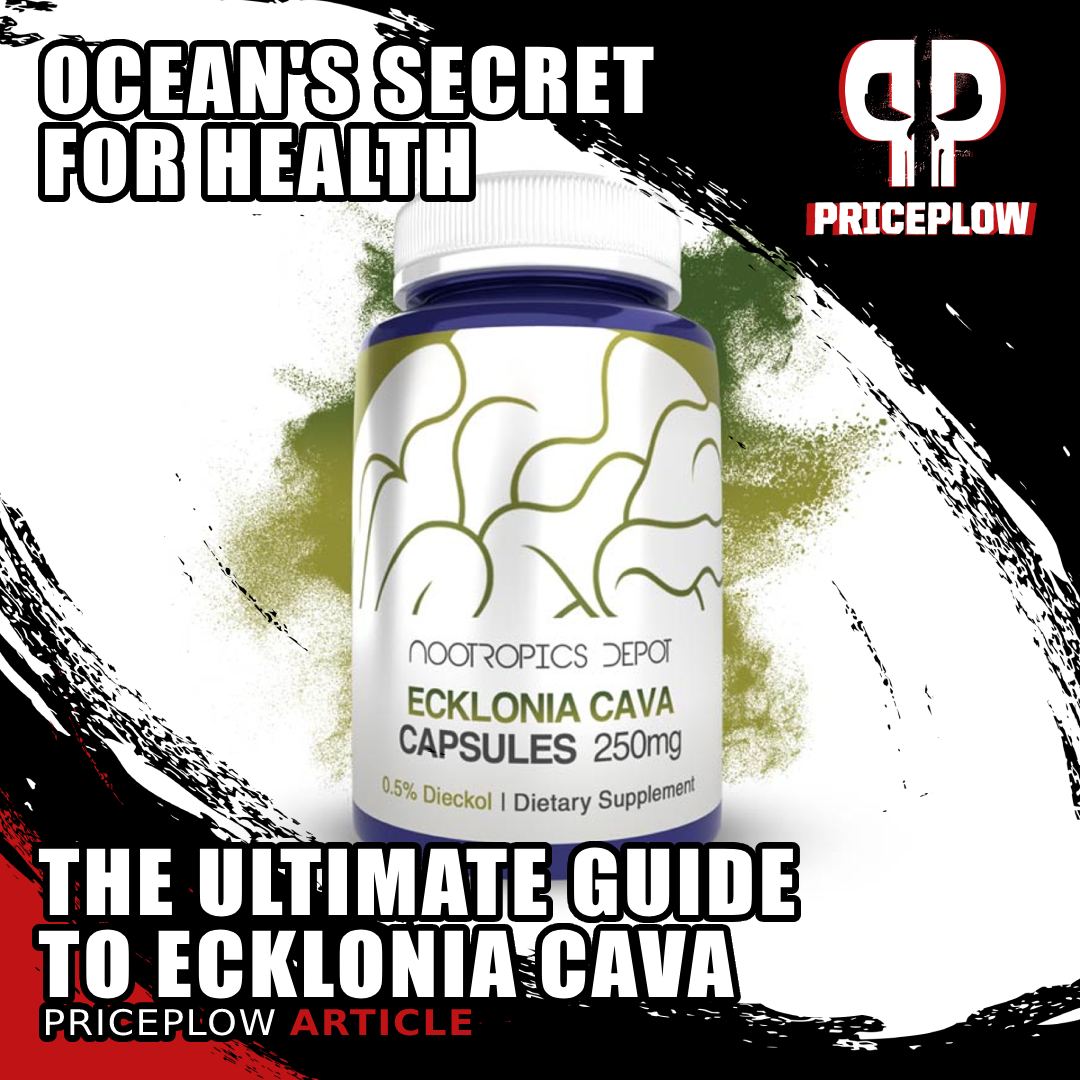
Brown seaweed Ecklonia cava outperforms land-based plants with its powerful phlorotannins! Research shows benefits for metabolism, cognition, liver health, and even hair growth.
Ancient cultures treasured it for its medicinal properties, and modern research has now catapulted Ecklonia cava back into the spotlight as a multifunctional powerhouse, revealing a complex profile of several bioactive compounds with a massive array of health-promoting properties. This article explores these benefits, introducing you to this marine superfood and the one place where you can get a legitimate source.
Marine Phlorotannins: More Powerful Than Terrestrial Polyphenols
Unlike common terrestrial polyphenols, Ecklonia cava produces unique marine-derived phlorotannins that display exceptional bioactivity and stability. These natural compounds have potent antioxidant capabilities that far exceed those found in land-based plants, with some reports showing they're 10-100 times more powerful than common plant polyphenols, with significantly longer half-lives in the body![2][3]
The bioactive champion in Ecklonia is dieckol and a few other powerful phlorotannins responsible for most of its health benefits. These compounds work synergistically to:
- support metabolic health,
- combat oxidative stress,
- reduce inflammation,
- enhance neurological function,
- and improve performance
...through multiple pathways including AMPK activation and more.[4]
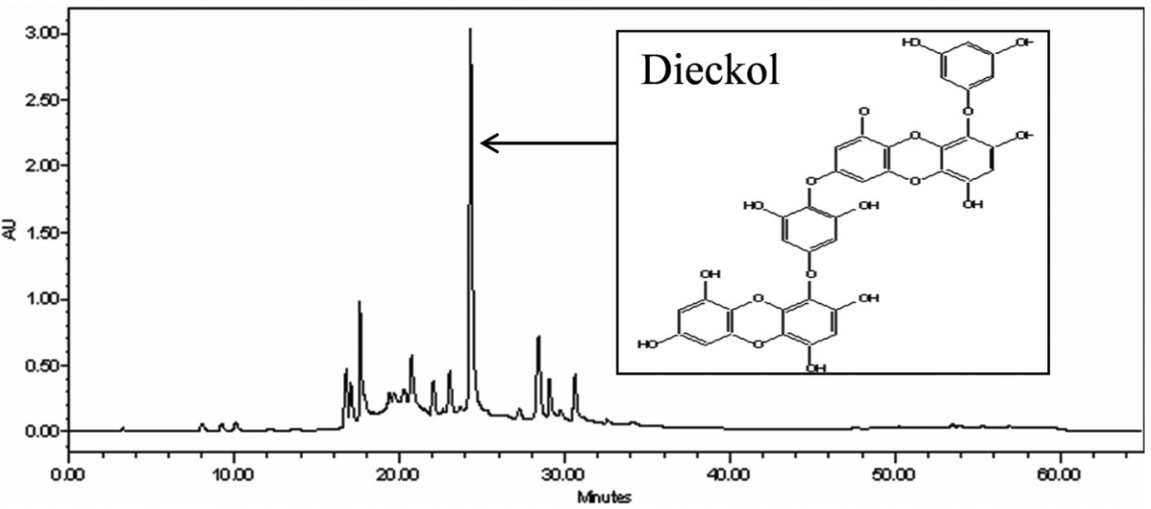
HPLC analysis reveals the signature peak of dieckol, the primary bioactive compound in Ecklonia cava responsible for many of its beneficial properties.[5]
From Brain Power to Metabolic Support to... Hair Health!
The potential of Ecklonia cava spans a wide range of applications: from cognitive enhancement and neuroprotection to metabolic support, anti-inflammatory effects, cardiovascular health, and more. Research discussed throughout this article shows it can help regulate glucose metabolism, reduce inflammation, protect against oxidative damage, and support healthy lipid profiles.
Even crazier, Ecklonia cava also provides impressive benefits for hair and skin health! Studies show its compounds promote hair growth,[6][2] as discussed lower in this article. For skin, Ecklonia cava protects against UV damage, reduces oxidative stress, and helps maintain skin barrier function, making it a valuable ingredient for both inner wellness and outer beauty.[7]
Safety studies confirm that Ecklonia cava extract is well-tolerated without significant adverse effects, making it suitable for daily supplementation.[8][3] The European Food Safety Authority (EFSA) has published safe intake levels,[3] and there are three NDI (New Dietary Ingredient) filings with the FDA.[9-12] With its strong scientific backing and exceptional safety profile, Ecklonia cava represents one of the most promising marine-derived supplements for overall health optimization.
Introducing Nootropics Depot and the Quest for Authentic Ecklonia Cava
There's a problem, though. The market is loaded with fake Ecklonia cava!
After years of research and development, Nootropics Depot realized how bad the situation was, finding that quality and authenticity are massive concerns. They discovered that much of what was being sold as "Ecklonia cava" in the market was actually a different (and erroneously identified) species of seaweed entirely!
They sourced their own lab-proven and biologist-verified material, and emerged as a pioneer in this space by creating the first validated reference material for legitimate Ecklonia cava identification. This discovery led them to establish a specialized supply chain directly from select Korean coastal regions, where they source authentic Ecklonia cava with optimized dieckol content through careful harvest selection. It wasn't easy, but now we're here to tell the story, and the science behind it has expanded exponentially since we first covered this ingredient in 2017.
In this massive guide, we'll dive deep into the research, mechanisms, benefits, and optimal dosing strategies for Ecklonia cava supplementation.
Before diving in, sign up for PricePlow's Ecklonia cava alerts, and check out Nootropics Depot's premium Ecklonia cava supplement -- it's the market's most rigorously verified product.
Nootropics Depot Ecklonia Cava – Deals and Price Drop Alerts
Get Price Alerts
No spam, no scams.
Disclosure: PricePlow relies on pricing from stores with which we have a business relationship. We work hard to keep pricing current, but you may find a better offer.
Posts are sponsored in part by the retailers and/or brands listed on this page.
This area is reserved for Team PricePlow's upcoming Ingredients video.
Subscribe to our channel and sign up for notifications so you catch it when it goes live!
Let's start with the deep science -- the mechanisms. If this isn't for you, then skip to the Ecklonia Cava Benefits section
Core Bioactive Mechanisms
Understanding the biochemical action of Ecklonia cava reveals why this seaweed extract offers so many incredible health benefits. The bioactive compounds in Ecklonia cava -- primarily its unique phlorotannins like dieckol, eckol, and 6,6'-bieckol -- work through complementary mechanisms to enhance cellular defense systems while modulating inflammatory responses.[13] This multifaceted approach allows Ecklonia cava to support various aspects of health simultaneously.
-
Antioxidant Systems
Ecklonia cava stands out with its comprehensive antioxidant profile that works through both direct and indirect mechanisms to combat oxidative stress:
-
Direct ROS Scavenging: Outperforms EGCG!
The phlorotannins in Ecklonia function as powerful direct scavengers of reactive oxygen species (ROS). These compounds contain multiple hydroxyl groups that can donate electrons to neutralize free radicals and prevent cellular damage. Dieckol, the signature compound in Ecklonia cava, has very powerful antioxidant properties. Research shows that the molecule exhibits strong radical-scavenging activity and can protect cells against oxidative stress,[13] has protective effects against high glucose-induced oxidative stress by enhancing cellular antioxidant defense systems,[14] and is thermostable, maintaining its effectiveness even after exposure to different temperatures.[15]
Studies also show that these phlorotannins effectively neutralize superoxide anions, hydroxyl radicals, and other ROS that would otherwise damage cellular components like proteins, lipids, and DNA.[16]
-
Indirect Activation of Endogenous Defenses
Beyond direct scavenging, Ecklonia cava also activates the body's own antioxidant defense systems, primarily through the nuclear factor erythroid 2-related factor 2 (Nrf2)-antioxidant response element (ARE) pathway. This "master regulator" of cellular antioxidant defense is responsible for activating over 200 cytoprotective genes.[17]
Induction of Antioxidant Enzymes
Through Nrf2 activation and other pathways, Ecklonia cava increases the expression and activity of key antioxidant enzymes:
- Heme oxygenase-1 (HO-1): This stress-response enzyme catalyzes the degradation of heme to produce biliverdin, iron, and carbon monoxide. Ecklonia cava phlorotannins (like triphlorethol-A in this case) have been shown to upregulate HO-1 through the ERK-Nrf2-ARE signaling pathway, enhancing cellular antioxidant capacity.[18]
- NAD(P)H Quinone Oxidoreductase 1 (NQO1): This detoxification enzyme helps convert quinones (which can generate toxic ROS) into hydroquinones. Ecklonia cava extracts significantly increase both NQO1 gene expression and enzymatic activity, helping cells detoxify harmful compounds.[17]
- Superoxide Dismutase (SOD): This enzyme catalyzes the conversion of superoxide radicals to hydrogen peroxide and oxygen. Ecklonia cava supplementation has been shown to restore SOD activity under conditions of oxidative stress.[19]
- Catalase: Working downstream of SOD, catalase converts hydrogen peroxide to water and oxygen. Ecklonia cava treatment increases catalase expression, providing comprehensive protection against various forms of ROS.
This multi-level antioxidant system makes Ecklonia cava valuable for addressing oxidative stress-related conditions, from neurodegenerative disorders to metabolic dysfunction and skin health challenges.
-
-
Anti-Inflammatory Pathways
Ecklonia cava demonstrates potent anti-inflammatory properties through multiple cellular pathways, which is useful since chronic inflammation is a significant underlying factor in several health conditions.
Inhibition of Inflammatory Signaling Cascades
The seaweed targets key inflammatory signaling pathways that regulate the expression of pro-inflammatory mediators:
Ecklonia Cava is a super seaweed that exerts a number of benefits ideally suited for those looking to lose weight and build muscle! Image courtesy Wikicommons.
- Nuclear Factor-kappa B (NF-κB) Pathway: NF-κB functions as a master switch for inflammatory responses, controlling the expression of numerous inflammatory genes. Ecklonia cava's phlorotannins inhibit it's inhibitor's phosphorylation, preventing its degradation.[20] This inhibition effectively blocks the activation of inflammatory genes downstream.
- Mitogen-Activated Protein Kinase (MAPK) Pathways: The MAPK family -- including extracellular signal-regulated kinase (ERK), c-Jun N-terminal kinase (JNK), and p38 -- plays crucial roles in cellular inflammation. Ecklonia cava phlorotannins have been shown to reduce inflammatory response by decreasing the phosphorylation of all three MAPK pathways in cells exposed to inflammatory triggers.[16]
- Cyclooxygenase-2 (COX-2): This enzyme catalyzes the production of prostaglandins, which mediate inflammation. Ecklonia cava extracts significantly decrease COX-2 expression in various models, reducing inflammatory responses.[21] Curcumin works in this fashion, as well.
- Inducible Nitric Oxide Synthase (iNOS): This enzyme produces nitric oxide during inflammatory conditions, contributing to oxidative stress and tissue damage (this is the bad nitric oxide for you folks looking for a pump). Ecklonia cava extracts can inhibit iNOS expression, contributing more to the above anti-inflammatory effects.[20]
Reduction of Pro-inflammatory Cytokines
Through the inhibition of these inflammatory signaling pathways, Ecklonia cava effectively reduces the production of key pro-inflammatory cytokines:
- Tumor Necrosis Factor-alpha (TNF-α): This cytokine plays a central role in systemic inflammation and is implicated in numerous inflammatory diseases. Ecklonia cava significantly decreases its expression at both mRNA and protein levels.[22]
- Interleukin-6 (IL-6): This cytokine is associated with acute-phase inflammatory responses and various chronic inflammatory conditions (we see it elevated a lot when people are sick). Ecklonia cava phlorotannins inhibit its production in response to inflammatory stimuli, helping to resolve inflammation.[16]
- Interleukin-1β (IL-1β): This powerful signaling molecule is involved in cell growth, development, and death. Ecklonia cava has been shown to reduce IL-1β production, adding to its anti-inflammatory effects.[23]
- Monocyte Chemoattractant Protein-1 (MCP-1): This is a signaling molecule that brings immune cells to areas of inflammation. Ecklonia cava has been shown to reduce MCP-1 levels,[23] which may help prevent too much immune activity in those areas.
These anti-inflammatory effects make Ecklonia cava a powerful tool for addressing inflammatory conditions throughout the body, from neuroinflammation to systemic inflammatory responses.
-
Metabolic Modulation
Ecklonia cava's main and most-studied benefit is in the sphere of metabolic health, though. It works through several pathways to enhance energy metabolism, improve insulin sensitivity, and promote healthy body composition:
AMPK and SIRT1 Activation
At the core is its ability to activate AMP-activated protein kinase (AMPK) and sirtuin 1 (SIRT1), two master regulators of cellular energy homeostasis. Dieckol stimulates AMPK phosphorylation, triggering a cascade of metabolic benefits.[4][24]
This dual activation serves as a metabolic switch that:
- Upregulates catabolic (energy-generating) pathways including fatty acid oxidation
- Downregulates anabolic (energy-consuming) pathways such as fat synthesis
- Enhances mitochondrial function and biogenesis
We colloquially call AMPK the "we need energy now enzyme". The synergistic interaction between AMPK and SIRT1 creates a positive feedback loop that maintains metabolic flexibility and energy efficiency.
Insulin Sensitivity and Glucose Metabolism
Ecklonia cava dramatically improves glucose metabolism, with research demonstrating that its extracts:
- Enhance insulin-stimulated glucose uptake in muscle and fat cells
- Decrease insulin resistance (measured by HOMA-IR) in animal models
- Normalize fasting blood glucose levels in diabetic models
- Improve oral glucose tolerance test results
These effects appear to be mediated through both enhanced insulin receptor signaling and AMPK activation.[25]
Various Ecklonia cava extracts significantly inhibit fat cell formation without affecting cell viability, demonstrating potential for metabolic support.[26]
Adipogenesis Inhibition and Fat Metabolism
The seaweed also has the incredible ability to modulate fat tissue development and function. Its phlorotannins directly inhibit adipogenesis (fat cell creation) by downregulating the expression of key adipogenic factors:[26]
- Peroxisome proliferator-activated receptor gamma (PPAR-γ)
- CCAAT/enhancer-binding proteins alpha (C/EBPα)
- Sterol regulatory element-binding protein 1c (SREBP-1c)
This inhibition prevents pre-adipocytes from maturing into fat-storing cells.
Blocking the HO-1 pathway significantly reduces Ecklonia cava's ability to optimize fat storage and mobilization, demonstrating this pathway's central role in metabolic benefits.[26]
Further, Ecklonia cava promotes the "browning" of white adipose tissue by increasing the expression of uncoupling protein 1 (UCP-1) and peroxisome proliferator-activated receptor gamma coactivator 1-alpha (PGC-1α). This conversion transforms energy-storing white fat into energy-burning brown-like fat that increases metabolic rate and thermogenesis.[26]
When the HO-1 pathway is blocked, many of Ecklonia cava's beneficial effects on oxidative stress and inflammation are partially reversed, confirming this mechanism's importance.[26]
Finally, a 2015 study saw other related metabolic health benefits.[27]
- First, the extract inhibited early-stage adipogenesis by suppressing important transcription factors (KLF4, KLF5, C/EBPβ, C/EBPδ, and ETS2) while increasing KLF2 - a negative regulator of fat cell development. This early intervention halted fat cell formation at its earliest stages.
- Second, the extract prevented a critical phase of fat cell development called mitotic clonal expansion (MCE)
- Third, as cited above, the extract activated AMP-activated protein kinase (AMPK), leading to the suppression of acetyl-CoA carboxylase (ACC). This effectively inhibits lipid synthesis.
Mechanisms Behind EC’s Liver Benefits
Recent research has shed light on the molecular mechanisms through which Ecklonia cava delivers its liver-protective effects, which are further illustrated in the benefits section below. After a 2022 study found that EC extract significantly reduced liver weight and fat accumulation, the team identified a few key mechanisms:[28]
- Downregulation of Lipogenic Genes: Ecklonia treatment decreased the expression of SREBP-1c and FAS, key genes involved in fat synthesis in the liver. This helps prevent the accumulation of triglycerides in hepatic tissue.
- Enhanced Cholesterol Metabolism: Treatment significantly increased the expression of CYP7A1, the rate-limiting enzyme in bile acid synthesis. This promotes the conversion of cholesterol into bile acids, helping reduce hepatic cholesterol content and supporting more waste excretion.
- Reduced Hepatic Inflammation: Ecklonia cava consistently reduced inflammatory markers in the liver.
- Enhanced Antioxidant Defense: The study showed EC increased the activity of antioxidant enzymes in the liver, including glutathione peroxidase (GPx) and catalase, protecting hepatocytes from oxidative damage.
- AMPK/SIRT1 Pathway Activation: Like other studies, the AMPK/SIRT1 signaling axis was activated here as well.
By simultaneously reducing fat cell formation, enhancing fat utilization, protecting the liver, and supporting insulin sensitivity, Ecklonia cava brings the house for healthy body composition and metabolic health.
-
Neuroprotective & Gut-Brain Axis Support
The neuroprotective properties of Ecklonia cava are some of its most promising potential applications, especially as research recognizes the connection between gut health and brain function. While the supplement is most often used for metabolic support, Ecklonia supports cognitive function while protecting neural tissue from oxidative damage and inflammation.
Defense Against Amyloid-Beta Neurotoxicity
Phlorotannins in Ecklonia cava can protect against amyloid-beta (Aβ) peptides, which play a role in the pathogenesis of Alzheimer's disease. In numerous models, Ecklonia cava extracts:[17]
- Inhibit Aβ aggregation and fibril formation
- Reduce Aβ-induced neuronal cell death
- Decrease oxidative stress caused by Aβ peptides
- Suppress Aβ-triggered inflammatory responses in brain tissue
These protective effects work through multiple pathways, including activation of the Nrf2-ARE antioxidant system and inhibition of the pro-inflammatory JNK signaling cascade.[17]
Synaptic Protection and Neuroplasticity
Beyond its neuroprotective effects, Ecklonia cava also supports synaptic function and neuroplasticity, which are critical for learning, memory, and cognitive resilience. Studies show that it:
- Increases brain-derived neurotrophic factor (BDNF) expression, which promotes neuronal survival and growth
- Enhances levels of postsynaptic density protein 95 (PSD-95), a key scaffolding protein at synapses
- Supports synaptophysin expression, important for synaptic transmission
- Restores tyrosine hydroxylase-positive neurons in neurodegenerative models
- Improves cognition in various animal models of neurodegeneration
These effects may help improve learning, memory, and overall cognitive function.[19]
Ecklonia cava favorably modulates the kynurenine pathway across gut, blood and brain, supporting healthy levels of neuroprotective compounds while reducing potentially harmful metabolites.[29]
Gut-Brain Axis Modulation
Recent research shows that the seaweed uniquely supports the gut-brain axis. It:[30]
- Improves gut microbiota composition, increasing beneficial Lactobacillus species
- Enhances production of short-chain fatty acids (SCFAs), especially butyrate
- Protects intestinal barrier integrity by strengthening tight junctions
- Increases production of neuroprotective kynurenic acid (KYNA) in the gut
- Reduces levels of neurotoxic quinolinic acid (QUIN) in the plasma
These gut-brain axis benefits also seem to be effective against environmental toxins such as fine particulate matter, which can induce systemic inflammation and cognitive impairment.[30]
GABAA Modulation
Phlorotannins from Ecklonia cava act as positive allosteric modulators of the GABAA-benzodiazepine (BZD) receptor complex. In preclinical studies, individual compounds like dieckol and triphlorethol A were shown to bind to the BZD site and enhance GABA-induced chloride influx, leading to increased inhibitory neurotransmission. This mechanism facilitates non-REM sleep initiation and maintenance without suppressing delta wave activity -- a critical marker of deep, restorative sleep. The sleep-promoting effects of phlorotannins were abolished when mice were pretreated with a selective GABAA-BZD antagonist, confirming their receptor-specific action.[31,32].
This research is discussed in the sleep section below.
By supporting both direct neuroprotection and the crucial gut-brain connection, Ecklonia cava offers a comprehensive approach to brain health that addresses multiple aspects of neurological function and resilience.
Now that you've made it through the hard science, let's get to the real world - clinical studies, with both human and animal trials explained below.
Benefits: Ecklonia Cava’s Clinically-Relevant Health Effects
Innovative natural ingredients often start with a single modern discovery, after which one area of research that opens the door to more. For Ecklonia cava, that starting point was in the realm of glucose metabolism, where we now have multiple human clinical trials demonstrating clear benefits for metabolic health.
However, the ever-expanding body of evidence suggests this brown algae extract offers a spectrum of benefits extending far beyond metabolism alone.
Below, you'll discover its potential benefits across six key areas:
- Metabolic Health & Glucose Regulation - The foundation of EC research, with multiple human clinical trials demonstrating improved glucose responses and metabolic parameters
- Liver Health & Function - Growing evidence for hepatoprotective effects, especially against environmental stressors and metabolic challenges
- Cognitive & Neurological Health - Emerging research on neuroprotection and cognitive performance enhancement
- Immune & Inflammatory Regulation - Potential modulation of inflammatory pathways and immune function
- Hair Vitality Support - Surprising benefits for hair growth and follicle health
- Skin Resilience & Environmental Protection - Applications in dermatology for protection against environmental stressors
Let's begin with the most extensively researched area -- metabolic health and glucose regulation -- where human clinical evidence provides the strongest foundation for understanding Ecklonia cava's benefits.
-
Metabolic Health Benefits
In our current environment of processed foods and sedentary lifestyles, metabolic health has become a major concern for nearly everyone in the West. This is where Ecklonia cava (EC) shows some of its most promising benefits, with research demonstrating its ability to improve many aspects of metabolic function, including weight management, blood glucose control, and fat metabolism.
Human Clinical Evidence for Metabolic Benefits
The true value of any supplement ingredient lies in its demonstrated effects in humans. Ecklonia cava stands out from other up-and-coming ingredients with multiple human clinical trials already supporting its metabolic benefits.
Improved Glucose Control in Prediabetic Patients (Almutairi 2023)
In a double-blind, randomized controlled trial conducted from November 2020 to April 2021, researchers investigated Ecklonia's effects on glucose metabolism in prediabetic patients.[33]
This timeline illustrates when blood samples were collected during the Ecklonia cava study, with measurements taken before supplementation and at regular intervals after consuming carbohydrates.[33]
The study involved 20 prediabetic subjects (9 men and 11 women, aged 21-60 years) with fasting plasma glucose between 100-125 mg/dL. After a 10-hour overnight fast, participants received either a single 600mg dose of EC extract or a placebo (dextrin), followed by consumption of 75g of carbohydrates in the form of white bread. Blood samples were collected at intervals of 30, 60, 90, and 120 minutes to measure both postprandial blood glucose and insulin levels.
The results were impressive: participants who received ecklonia cava extract showed significantly lower postprandial blood glucose levels at 90 and 120 minutes compared to the placebo group. At 90 minutes, the EC group had mean blood glucose levels of 108.1 ± 8.9 mg/dL compared to 122.2 ± 16.9 mg/dL in the placebo group. At 120 minutes, the difference was even more pronounced: 101.3 ± 8.7 mg/dL in the EC group versus 112.9 ± 12.1 mg/dL in the placebo group (p=0.024).[33]
The graph demonstrates how Ecklonia cava extract (blue line) may help maintain healthier glucose levels compared to placebo (red line) following a carbohydrate-rich meal.[33]
While Ecklonia cava didn't significantly affect insulin levels, it did substantially reduce total cholesterol and triglyceride levels compared to placebo. Importantly, the researchers conducted a thorough evaluation of potential side effects, monitoring for headaches, gastrointestinal symptoms, energy levels, and various other parameters. They found no significant adverse effects associated with EC supplementation.
This chart tracks insulin levels over time, showing the potential differences between Ecklonia cava supplementation and placebo after carbohydrate consumption.[33]
The researchers proposed a different mechanism than described above: that EC's benefits were likely due to its inhibitory effect on carbohydrate-digesting enzymes, especially α-amylase and α-glucosidase, which slows down the absorption of glucose. This mechanism is similar to that of some anti-diabetic medications but without the common side effects of gastrointestinal discomfort often associated with pharmaceutical enzyme inhibitors.
Body Fat Reduction in Overweight Subjects (Lee 2018)
A 2018 study investigated whether Ecklonia cava could help reduce body fat and associated metabolic markers in overweight individuals. This randomized, double-blind, placebo-controlled trial included 80 subjects with BMIs between 25 and 30 kg/m². Participants received either a placebo or Ecklonia cava extract (360 mg/day) for 12 weeks, with mild calorie restriction and physical activity recommendations for all subjects.[34]
After 12 weeks, the EC group showed significant reductions in body fat, with decreases in total adipose tissue area, percent body fat, and fat/lean mass ratio. Participants with abdominal obesity showed the most pronounced benefits. The EC group also experienced enhanced skeletal muscle index, suggesting improved body composition beyond simple weight loss.
Correlation analysis reveals how Ecklonia cava extract (Seapolynol) may help reduce visceral adipose tissue, with more pronounced effects observed in individuals with higher baseline measurements.[34]
The study also measured oxidative stress markers and found that oxidized low-density lipoprotein (ox-LDL) levels were significantly improved in the EC group.[34] Additionally, EC supplementation increased the expression of genes related to lipid oxidation while decreasing the expression of lipid synthesis genes. Inflammatory markers were also reduced in the EC group.
Ecklonia cava supplementation significantly boosted key antioxidant enzymes including SOD, GPx, and catalase while helping reduce oxidized LDL levels compared to placebo.[34]
These findings suggest that EC extract can help reduce body fat and improve metabolic markers in overweight individuals, especially those with abdominal obesity.
Seapolynol positively influenced fat metabolism by upregulating beneficial genes like PPAR-α and CPT-1a while potentially reducing expression of fat storage-related genes.[34]
Long-Term Benefits in Prediabetic Individuals (Lee & Jeon, 2015)
Another 12-week study published in 2015 examined how Ecklonia cava affects glycemic response in prediabetic individuals.[5]
This flowchart tracks how participants moved through the research protocol, from screening to completion, showing the rigorous methodology behind Ecklonia cava's supporting research.[5]
This double-blind, randomized, placebo-controlled trial involved 80 pre-diabetic male and female adults with fasting plasma glucose levels between 100 and 180 mg/dL. Participants were randomly divided into two groups, with one receiving a high dose of dieckol-rich extract from Ecklonia cava (1,500 mg daily) and the other receiving a placebo for 12 weeks.
The results showed that the Ecklonia group experienced a significant decrease in postprandial glucose levels compared to the placebo group. The EC group also showed significant decreases in insulin and C-peptide levels after the 12-week intervention. Importantly, no significant adverse events were reported, and biochemical and hematological parameters stayed in normal ranges throughout the study.
The researchers concluded that Ecklonia cava can significantly contribute to lowering postprandial hyperglycemia and reducing insulin resistance.
Comprehensive Benefits in Overweight Individuals (Shin 2011)
One of the earlier human trials on Ecklonia cava was also one of the most useful, coming from a 12-week randomized, double-blind, placebo-controlled study conducted with 97 overweight Korean adults (average BMI of 26.5 kg/m²).[35]
Researchers divided participants into three groups:
- Placebo
- Low-dose (72 mg Ecklonia cava polyphenols/day)
- High-dose (144 mg Ecklonia cava polyphenols/day)
The results after 12 weeks were impressive across multiple health parameters. Both low and high-dose groups showed significant improvements in:
This table showcases how different doses of Ecklonia cava extract supported healthy body composition markers over 12 weeks compared to placebo.[35]
- BMI reduction
- Body fat percentage decrease
- Reduced waist circumference
- Lower waist-to-hip ratio
- Decreased total cholesterol
- Reduced LDL cholesterol
- Improved total cholesterol/HDL ratio
- Lower atherogenic index (a risk factor for cardiovascular disease)
The high-dose group additionally experienced:
- Significant increase in HDL ("good") cholesterol
- Decreased serum glucose levels
- Reduced systolic blood pressure
Research data demonstrating how Ecklonia cava supplementation may support healthy cholesterol levels and overall lipid balance with greater benefits observed at the higher dosage.[35]
A key strength of this study is its demonstration of dose-dependent benefits - the higher dose (144 mg/day) consistently produced more pronounced effects than the lower dose (72 mg/day). The researchers noted that Ecklonia cava supplementation "significantly contributed to lowering body fat and serum lipid parameters such as total and LDL cholesterols with dose dependence."[35]
Subjects receiving Ecklonia cava extract showed positive trends across multiple body composition markers compared to placebo, with particularly notable results in those with abdominal obesity.[34]
Importantly, no adverse effects were reported, and all biochemical and hematological parameters stayed within normal ranges throughout the study, confirming the safety profile.
Comprehensive health marker analysis showing Ecklonia cava's excellent safety profile across liver enzymes, protein levels, and hematological parameters after 12 weeks of supplementation.[35]
This clinical evidence strongly supports Ecklonia cava's potential as a natural approach to improving metabolic health parameters, and at a relatively low dose, too.
Metabolic Pathway Insights Through Urinary Metabolomics (Kim 2020)
To gain deeper insights into the metabolic effects of Ecklonia cava, researchers conducted a metabolomics analysis of urine samples from participants who consumed its extract.[36]
Advanced metabolomic analysis reveals distinct shifts in human urinary metabolites after 12 weeks of Seapolynol supplementation, confirming systemic biological activity.[36]
This study used mass spectrometry-based metabolomics analysis of urine samples from 56 overweight healthy subjects with BMIs over 25 kg/m² and under 30 kg/m². They consumed either a placebo or a polyphenol extract from Ecklonia for 12 weeks. The dosage is unknown, but it seems to be high, given that they took "4 capsules per day" -- so you can put the total dose around 2 grams.
Ecklonia cava extract significantly increases beneficial metabolites including riboflavin and urocanic acid, supporting healthy metabolism and antioxidant function.[36]
The metabolomic profiling revealed that levels of riboflavin, urocanic acid, 5-hydroxy-6-methoxyindole glucuronide, and guanidino valeric acid were significantly increased in the EC group compared to the placebo group.
Increased riboflavin levels correlate significantly with improved body composition metrics including BMI and waist-hip ratio, suggesting a potential mechanism for Ecklonia's metabolic benefits.[36]
A correlation analysis was performed to identify associations between metabolite levels and clinical characteristics related to body fat. Among the metabolites that changed in the EC group, riboflavin showed a significant negative correlation with BMI, body weight, fat mass, and percent body fat. These findings suggest that the decreased body fat induced by EC intake may be related to an increase in the antioxidant effect of riboflavin.
This metabolomics approach provided unique insights into the biochemical pathways affected, confirming its metabolic benefits and suggesting mechanisms beyond those discussed above.
-
Preclinical Evidence for Metabolic Benefits
Now for the animal trials:
Standardized Extract Comparable to Pharmaceutical Intervention
A highly-purified standardized extract of Ecklonia cava provides a great example of this seaweed's metabolic benefits. In a 2012 study, researchers investigated this standardized extract's effects on ICR mice fed a high-fat diet, with oral administration at doses ranging from 1.25 to 5 mg per mouse daily.[37]
The results showed that the Ecklonia significantly:
- Reduced body weight gain compared to the high-fat diet control group
- Decreased serum total cholesterol levels
- Lowered triglyceride levels
- Reduced LDL cholesterol levels
- Inhibited lipid accumulation in 3T3-L1 adipocytes (fat cells)
- Suppressed HMGCoA reductase activity by approximately 78% (at 50 μg/mL)
The researchers found that the extract at the lowest tested dose (1.25 mg/mouse) matched the efficacy of fenofibrate (a prescription lipid-lowering medication) at 4 mg/mouse, suggesting powerful metabolic benefits even at small dosages.
The study also confirmed the safety profile of the extract, with no observed toxicity to liver or kidney function after four weeks of daily administration.
These findings add to the growing body of evidence supporting Ecklonia cava extracts for metabolic health, demonstrating that its effects can approach pharmaceutical power with a natural alternative.
Weight Management Properties
Multiple studies have demonstrated Ecklonia cava's potential in weight management, such as in animal models of diet-induced obesity. For instance, when administered to mice fed a high-fat diet, EC extract significantly reduced:[38]
- Total body weight gain (by as much as 40%)
- Visceral and subcutaneous fat mass
- Liver volume and fat accumulation
- Serum cholesterol and triglyceride levels
In a 2012 notable study, mice supplemented with EC extract showed a 40% decrease in weight gain compared to controls, despite no significant difference in food intake.[38]
These effects are also seen at the cellular level in further research.[39]
Multiple Pathways of Action in Standardized Extract
A 2015 study investigating a standardized extract of Ecklonia cava revealed powerful metabolic health benefits, bringing some new mechanisms of action to light.[27]
Ecklonia cava extract alters key proteins involved in fat metabolism, reducing adipogenic transcription factors while increasing energy-burning pathways through AMPK activation.[26]
The research team showed the brown algae's effectiveness using three experimental models: 3T3-L1 adipocytes (fat cells), zebrafish, and mice. The extract consistently inhibited lipid accumulation across all three models by targeting several key pathways, which are discussed in detail in the mechanisms section above:
- Inhibition of early-stage adipogenesis
- Prevention of mitotic clonal expansion
- AMPK activation / ACC suppression
In mice, the extract also had significant real-world benefits:[27]
- Reduced body weight gain by 25-50% compared to high-fat diet controls
- Decreased triglycerides by 40%
- Lowered total cholesterol by 32%
- Reduced LDL cholesterol by 66%
- Remarkably improved high-fat-diet-induced fatty liver accumulation
The zebrafish model confirmed these findings, showing the extract inhibited early fat accumulation through similar mechanisms.
Promoting Fat Browning and Energy Expenditure
Ecklonia extract stimulates protective HO-1/Nrf2 pathways while reducing harmful reactive oxygen species and inflammatory cytokines in a dose-dependent manner.[26]
One of the most powerful parts of Ecklonia's metabolic benefits is its ability to promote "browning" of white adipose tissue. Brown adipose tissue is more mitochondrial-dense, and burns calories to generate heat instead of storing fat, making it metabolically beneficial.
Recent research has shown that EC extract can:[26]
- Increase expression of UCP-1 and PGC-1α, key markers of brown fat
- Enhance mitochondrial biogenesis and function
- Activate the HO-1/Nrf2 signaling pathway (crucial for metabolic regulation)
In this study, the researchers found that EC extract not only inhibited fat formation but also promoted the conversion of white fat cells to these brown-like adipocytes[26] (we sometimes call this "beiging"). This likely increases energy expenditure, especially when paired with the AMPK mechanisms.
Summary: A Promising Natural Approach to Metabolic Health
The research on Ecklonia cava for metabolic health is convincing, showing benefits across multiple aspects of metabolism, from weight management and glucose control to fat cell function and liver health. With multiple human clinical trials completed and extensive preclinical research backing its effects, EC offers a scientifically supported natural option for those looking to support their metabolic wellbeing.
Western blot analysis reveals how Ecklonia cava extract comprehensively regulates multiple metabolic pathways simultaneously, affecting both fat storage and energy expenditure genes.[26]
There are also metabolic liver health studies discussed below![38]
Needless to say, the multi-faceted approach to addressing metabolic health is very impressive. Let's count the ways:
- It helps regulate blood glucose levels, as demonstrated in clinical trials with prediabetic patients
- It supports healthy body composition by reducing fat mass and increasing lean mass
- It enhances physical performance and metabolic efficiency during exercise
- It reduces oxidative stress and inflammation, key factors in metabolic dysfunction
- It modulates fat cell metabolism, inhibiting the formation of new fat cells while promoting browning of existing fat
- It protects liver health, helping reduce the risk of non-alcoholic fatty liver disease (see next section)
The fact that it works through multiple pathways -- inhibiting fat cell formation, promoting fat breakdown, increasing energy expenditure through fat browning, reducing inflammation, and protecting the liver -- makes it a versatile compound that can fit into nearly any weight management supplement stack, whether it's stimulant-based or stimulant-free!
Needless to say, Ecklonia cava is a very promising ingredient supported by both traditional use and modern scientific research. We're surprised we don't see it in more dietary supplements! Maybe Nootropics Depot will sell their extract to other brands...
-
Liver Health Benefits
After the glucose and overall metabolic health benefits comes the liver!
The liver serves as the body's primary detoxification center and plays a crucial role in metabolism, nutrient (and toxin) storage, and immune function. Consider it the body's chemical reacting factory, sewage processing plant, and storage depot.
As such, supporting liver health has broad implications for overall wellness. Ecklonia cava offers many promising benefits for its function, with multiple preclinical studies showing it can protect against various forms of liver damage while supporting optimal hepatic function.
Fatty Liver Prevention
The metabolic benefits of Ecklonia cava listed above extend to the liver, where it shows protective effects against non-alcoholic fatty liver disease (NAFLD), a common companion to metabolic syndrome. In high-fat diet models, EC supplementation led to:[38]
- Significantly decreased liver volume (35.56% decrease)
- Reduced liver fat content (approximately 22% reduction)
- Decreased hepatic triglyceride levels (26% decrease)
- Improved liver enzyme profiles (40.2% reduction in ALT levels)
The researchers believed it improved NAFLD in mice by inhibiting inflammation and enhancing lipid metabolism in the liver. Analysis also showed a reduction in fat droplet accumulation in the liver tissue.
Protection Against Liver Damage and Inflammation
Liver inflammation is a major concern in both metabolic conditions and exposure to environmental toxins. Research indicates that Ecklonia cava has hepatoprotective effects through a few pathways. In an interesting 2015 study, Eo and colleagues demonstrated that it significantly decreased hepatic lipid deposition and protected against liver dysfunction in mice fed a high-fat diet.[24]
The researchers found that the extract reduced the levels of inflammatory cytokines in the liver, including tumor necrosis factor alpha (TNF-α), interleukin 1 beta (IL-1β), and monocyte chemoattractant protein 1 (MCP-1). This anti-inflammatory effect was accompanied by reduced levels of serum biomarkers of liver damage that are often elevated in liver disease.
This study also identified the AMPK and SIRT1 metabolic switches as the mechanisms behind the effects.
Pioneering Research on EC’s Hepatoprotective Effects
Some of the earliest research demonstrating EC's liver benefits came from a 2012 study by Park and colleagues, who examined the effects of a polyphenol-rich fraction of Ecklonia cava on high-fat diet-induced obese mice.[38]
This groundbreaking study revealed that EC extract significantly reduced hepatic steatosis (fatty liver) in obese mice. The researchers observed:[38]
- Significant reduction in hepatic triglyceride content (32% decrease compared to high-fat diet control group)
- Visibly decreased fat droplet accumulation in liver tissue
- Reduced serum ALT levels, indicating improved liver health
- Decreased total cholesterol levels (27.8% reduction)
This study would lead to several of the others that you see above and below, and eventually to more human research as well.
Protection Against Advanced Glycation End Products (AGEs) in Liver Tissue
A significant advancement in understanding EC's hepatoprotective properties came from a 2023 study of the effects of dieckol on diabetic complications affecting the liver and kidneys.[40]
Dieckol from Ecklonia cava demonstrates powerful ability to inhibit advanced glycation end-products (AGEs) formation and break existing cross-links, potentially supporting healthy aging.[40]
This research revealed that dieckol has significant antiglycation properties that protect liver tissue by:
- Inhibiting the formation of advanced glycation end products (AGEs), which are implicated in liver damage in diabetic conditions
- Preventing cross-linking between AGEs and collagen, a process that contributes to liver fibrosis
- Suppressing the interaction between AGEs and their receptors (RAGE), a key pathway in inflammatory liver damage
- Reducing reactive oxygen species (ROS) formation in liver cells
The researchers also discovered that dieckol activates the Nrf2/Glo-1/ARE signaling pathway, a crucial defense mechanism against oxidative stress in the liver. This activation helps detoxify methylglyoxal, which is a highly reactive compound that contributes to liver damage in metabolic disorders.
These findings are great for metabolic problems, but the anti-AGE also brings us closer to the anti-aging space, another possible direction for future Ecklonia cava research.
Dieckol effectively protects kidney cells against methylglyoxal-induced damage through multiple mechanisms, including reduced oxidative stress and prevention of harmful protein adduct formation.[40]
Practical Implications for Liver Support
The research on EC suggests it may be extremely valuable for:
- Individuals with metabolic syndrome or obesity who are at risk for fatty liver
- Those concerned about glycation-related liver damage
- People looking to support liver detoxification
- Those exposed to environmental toxins that place stress on the liver (more on this later)
- Anyone seeking to maintain optimal liver function as part of their... "stack"
It's not just one pathway that supports these effects, either. Whether it's improving glucose metabolism, reducing inflammation, enhancing antioxidant defenses, or protecting against glycation damage, Ecklonia cava seems to have something for everyone.
Larger human clinical trials specifically focusing on liver outcomes are definitely still needed, but the consistency of findings across multiple preclinical studies provides a strong foundation for its potential in supporting liver health. The future looks bright for this ingredient.
Speaking of bright... it's time to get into the neurological benefits:
-
Cognitive & Neurological Health Benefits
The brain stands as one of the most metabolically active organs in the body, consuming up to 20-25% of the body's energy despite representing only about 2% of body weight. This high metabolic activity generates substantial oxidative stress, making it vulnerable to damage.
Enter Ecklonia cava, whose unique composition offers various neuroprotective properties. Let's look at how this marine powerhouse supports brain health through several critical mechanisms.
Protection Against Alzheimer’s Disease Pathology
Alzheimer's disease (AD) represents one of our greatest health challenges, characterized by progressive cognitive decline, memory loss, and the hallmark (yet controversial) accumulation of amyloid-beta (Aβ) plaques and neurofibrillary tangles.
In a recent 2024 study, researchers found that Ecklonia cava extract significantly protected against Aβ-induced cognitive impairment in mice. The extract effectively:[19]
- Improved learning and memory performance in behavioral tests
- Reduced oxidative stress by regulating malondialdehyde (MDA) content and superoxide dismutase levels
- Enhanced mitochondrial function by improving membrane potential and ATP production
- Decreased neuronal apoptosis (cell death)
- Protected cholinergic system function through acetylcholinesterase inhibition
Most importantly, the researchers confirmed that Ecklonia cava increased brain-derived neurotrophic factor (BDNF) production while reducing amyloid precursor protein (APP) and phosphorylated tau protein levels, which are all critical factors in Alzheimer's progression.[19]
This is supported by in vitro research showing that Ecklonia cava phlorotannins, especially dieckol, protected neuronal PC-12 cells against oxidative stress-induced damage by reducing reactive oxygen species and inhibiting apoptotic processes.[21]
Parkinson’s Disease Protection
Parkinson's disease (PD) is a neurodegenerative disorder defined by the loss of dopamine-producing neurons in the substantia nigra, leading to characteristic motor impairments and non-motor symptoms. While therapies exist to manage symptoms, halting disease progression remains a major challenge.
This CONSORT diagram tracks 80 participants through a 12-week Ecklonia cava study, showing strong retention rates with 33 subjects completing the Seapolynol treatment arm.
[34]A team of scientists conducted groundbreaking research showing Ecklonia cava polyphenols had significant protective effects in both cellular and animal models of Parkinson's disease through:[17]
- Activating the Nrf2-ARE pathway (a master regulator of antioxidant responses)
- Increasing antioxidant enzyme NAD(P)H quinone oxidoreductase-1 (NQO1) expression and activity, which helps neutralize quinones and mitigate oxidative stress
- Improving motor functions in rotenone-challenged mice
- Restoring intestinal motor function and colon tissue morphology
- Preserving tyrosine hydroxylase-positive dopaminergic neurons in the substantia nigra
These findings suggest Ecklonia could be a promising preventative approach for Parkinson's disease.[17] But they also give us some left-field ideas for a pre-workout support ingredient?
Synaptic Plasticity Enhancement
Cognitive function depends heavily on synaptic plasticity -- the ability of neural connections to strengthen or weaken over time in response to activity. This process underlies learning and memory formation.
Ecklonia cava has shown powerful benefits for synaptic function by:[19]
- Improving the expression of synaptic structural proteins
- Enhancing acetylcholine-related enzymes in brain tissue
- Increasing levels of BDNF
- Maintaining mitochondrial function in neurons
These synaptic enhancements contribute to improved cognitive performance in various behavioral tests, including Y-maze, passive avoidance, and Morris water maze tests.[19]
Neuroinflammation Suppression
Chronic inflammation in the brain contributes to the development and progression of numerous neurodegenerative conditions. Just like with metabolic and liver tissue, Ecklonia cava has demonstrated potent anti-inflammatory effects in neural tissues too.
Ecklonia cava extract demonstrates dose-dependent reduction of key inflammatory signaling proteins in brain tissue, helping maintain healthy neurological function during inflammatory challenges.[41]
In a 2023 study, Jo and colleagues investigated Ecklonia cava's effects on neuroinflammation using a chronic inflammatory model. Their results showed Ecklonia cava:[41]
- Reduced pro-inflammatory cytokine levels in both blood and brain tissue
- Decreased activity of inflammation-related markers (NF-κB and STAT3)
- Lowered levels of neurodegenerative markers (glial fibrillary acidic protein, beta-amyloid)
- Protected against neuronal apoptosis
The researchers concluded that Ecklonia cava shows significant potential as a protective agent against neuroinflammation and neurodegenerative diseases.[41]
Ecklonia cava significantly reduces elevated GFAP levels in both cerebrum and hippocampus regions, supporting healthy brain cell function and reducing markers of neuroinflammation.[41]
Similarly, Park et al. (2021) found that Ecklonia cava water extract effectively prevented cognitive decline caused by fine dust (PM2.5) exposure by inhibiting inflammatory pathways and activating mitochondrial function in the brain.[22]
As discussed in the mechanisms section, there's also a connection between Ecklonia cava's protection against this dust and gut health, highlighting the gut-brain axis.[30]
-
GABA Interactivity for Relaxation and Improved Sleep
Slightly adjacent to the cognitive benefits, we have GABA interactivity, with human research showing improved sleep!
The unique molecular structures of marine phlorotannins found in Ecklonia cava, including dieckol, phlorofucofuroeckol, and bieckol compounds that contribute to its potent antioxidant properties.[35]
Phlorotannins Modulate GABAA-Benzodiazepine Receptors
Ecklonia cava is also a potential player in the world of natural sleep aids. Several of its phlorotannins have demonstrated strong sedative-hypnotic effects through their action on the GABAergic system, specifically the GABAA-benzodiazepine (BZD) receptor complex.[31,32]
In animal studies, Ecklonia phlorotannins reduced sleep latency and increased non-REM sleep duration, effects that were fully blocked by flumazenil (a GABAA-BZD receptor antagonist), confirming that the mechanism involves positive allosteric modulation of this key inhibitory pathway.[42]
Dieckol and Eckol: Natural Sleep Enhancers Without the Drawbacks
Once again, dieckol stands out, but there's also some research on eckol as well. In EEG/EMG-based research, dieckol increased non-REM sleep without disrupting delta wave activity, meaning it boosted sleep quantity without sacrificing quality or triggering rebound effects commonly seen with pharmaceutical products.[32]
Both eckol and dieckol from Ecklonia cava demonstrate protective effects against oxidative damage, with dieckol showing stronger benefits at higher concentrations.[16]
Eckol and triphlorethol A have also demonstrated similar effects, enhancing sleep while preserving healthy brainwave architecture.[43] In contrast, many conventional hypnotics suppress delta activity, which may reduce the restorative value of sleep.
Human Study: Phlorotannins Improve Sleep Maintenance (Um, 2018)
This flow diagram outlines the rigorous methodology used to evaluate Ecklonia cava phlorotannins' effects on sleep parameters in adults with mild sleep complaints.[44]
In a 2018 randomized, double-blind, placebo-controlled trial, researchers administered 500 milligrams per day of Ecklonia cava-derived phlorotannin extract for one week to adults with mild sleep complaints. Using both the Pittsburgh Sleep Quality Index (PSQI) and overnight polysomnography (PSG), the study found significant improvements in several objective sleep parameters, including:[44]
- Reduced wake after sleep onset (WASO)
- Decreased total wake time (TWT)
- Lower respiratory disturbance index (RDI) during REM sleep
Additionally, participants in the phlorotannin group reported improved sleep duration on the PSQI. No serious adverse events were observed during the study period.[44]
Summary: A Marine-Derived Natural Sleep Aid Ingredient
By enhancing GABAergic activity at the benzodiazepine site of GABAA receptors, which is a well-known target, Ecklonia cava's phlorotannins offer a promising, well-tolerated path to better sleep. This positions the seaweed as a rare example of a marine-derived nootropic that bridges cognition, relaxation, and rest... without the side effects or dependence risks seen with conventional pharmaceuticals.
Interestingly, though, it also works as a performance-enhancer:
-
Athletic Performance Benefits
Ecklonia cava's metabolic benefits suggest potential for exercise enhancement, and direct evidence from a human performance study provides a bit of support for athletes and active individuals considering its use. A landmark study published in 2010 demonstrated that Ecklonia cava can directly improve endurance performance in healthy young subjects.
Enhanced Endurance Capacity in Human Trials
In a well-designed randomized, double-blind, placebo-controlled, crossover study, scientists examined how a single pre-workout dose of Ecklonia cava polyphenol affected exercise performance and related biomarkers in college students.[45]
Twenty male college students (average age 20.9 years) participated and were required to perform two maximal treadmill tests with a one-week interval between trials. They consumed either an Ecklonia-containing sports drink (40mg polyphenols per 100ml) or a placebo 30 minutes before exercise. The protocol consisted of:
- 4 minutes of warm-up
- 30 minutes of moderate-intensity exercise at 60-80% of predetermined VO₂max
- A gradient exercise where velocity increased by 20 m/min every minute until voluntary exhaustion
The results were impressive:[45]
- Significantly improved time to exhaustion: Participants taking Ecklonia showed a significant delay in exhaustion time, continuing 2.39 minutes longer than when taking the placebo
- Trend toward higher VO₂max: The Ecklonia cava group had a 6.5% higher mean VO₂max compared to placebo, though this difference didn't reach statistical significance
- Higher post-exercise blood glucose: The Ecklonia group maintained significantly higher blood glucose levels (+9.9%) at 3 minutes post-exhaustion compared to placebo
- Trend toward lower blood lactate: Though not statistically significant, participants demonstrated lower post-exercise blood lactate levels when supplementing with Ecklonia, with reductions of 2.7%, 8.3%, 10.8%, and 4.3% at 0, 3, 5, and 15 minutes post-exercise, respectively
Ecklonia cava polyphenols helped maintain higher post-exercise blood glucose levels, potentially providing better energy substrate availability during recovery.[45]
These findings suggest that Ecklonia cava supplementation may enhance endurance performance through multiple complementary mechanisms. While the exact physiological pathways weren't conclusively determined in this study, the researchers proposed that ECP's potent antioxidant and circulatory-enhancing properties likely played key roles.
Potential Mechanisms Behind Performance Enhancement
The researchers suggested several mechanisms that might explain Ecklonia cava's performance benefits, including enhanced blood flow, antioxidant protection, improved glucose metabolism, and mitochondrial support, much thanks to the AMPK activation discussed in the mechanism area above.
What's great here is that significant benefits were observed from a relatively modest acute dose (approximately 72mg, based on the described 180ml pre-workout consumption).[45]
Athletes who are looking for the next natural performance edge may want to give it a try. Unfortunately, there aren't any other performance studies at the time this article was published.
-
Immune & Inflammatory Regulation, Antiviral Activity
Ecklonia cava goes even further: this unique brown seaweed also demonstrates impressive immune-modulating, anti-inflammatory, and antiviral properties. Let's explore how the marine treasure protects against multiple health threats.
Systemic and Neuroinflammation Protection
A 2021 study found that Ecklonia cava effectively prevented inflammation in both lung and brain tissues when animals were exposed to fine dust (PM2.5). They typically show increased expression of toll-like receptor 4 (TLR-4), which triggers inflammatory cascades, but those given Ecklonia cava showed reduced activation of the nuclear factor-kappa B (NF-κB) signaling pathway and decreased inflammasome formation.[46]
Ecklonia cava water extract helps maintain healthy body weight patterns in mice exposed to environmental stressors, demonstrating its whole-body supportive properties.[29]
The extract suppressed pro-inflammatory cytokines (IL-6 and IFN-γ) while inhibiting oxidative damage, suggesting a comprehensive anti-inflammatory effect that protected multiple organ systems simultaneously. Note that this is a different study on PM2.5 dust than those covered in the cognitive areas - the seaweed performs very well in this area.
Gut Protection and Microbiome Support
Ecklonia cava helps maintain healthy colon length and proper digestive function in animals exposed to environmental pollutants, supporting optimal gut health.[29]
Further, researchers found that Ecklonia cava extract helped restore gut function damaged by those environmental pollutants. Mice exposed to PM2.5 showed shortened colon length and altered fecal water content, but administration of Ecklonia cava extract (especially at 200 mg/kg) effectively prevented these changes.[29]
Ecklonia cava extract helps restore healthy gut bacteria balance, particularly increasing beneficial Lactobacillus species while supporting optimal digestive microbiome composition.[29]
Even more interesting, the extract restored beneficial gut bacteria like Lactobacillus and increased production of beneficial short-chain fatty acids (SCFAs). This suggests Ecklonia cava's anti-inflammatory benefits may be driven (at least in part) through gut microbiome modulation, giving promise to future gut health applications.
Powerful Antiviral Properties
Ecklonia cava also has antiviral capabilities, which have been demonstrated against multiple viral threats -- dieckol has shown impressive promise as an antiviral agent. Research demonstrates it can inhibit the 3C-like protease (3CLpro) in SARS coronavirus, an enzyme essential for viral replication.[47]
The antiviral potential of Ecklonia cava extends beyond coronaviruses:
- Hepatitis A virus (HAV): Both the water and ethanol extracts of Ecklonia cava significantly reduced HAV RNA levels in infected cells. They appear to work by disrupting the virus and inhibiting replication.[48]
- Zika virus (ZIKV): Recent studies found that Ecklonia cava extract and dieckol inhibited Zika virus replication in infected cells. Dieckol forms stable complexes with key Zika virus proteins with impressive binding energies.[49]
- Porcine epidemic diarrhea virus: Phlorotannins isolated from Ecklonia cava demonstrated antiviral activity by blocking viral binding and replication.[50]
Anti-Inflammatory Benefits for Oral Health
The anti-inflammatory powers of Ecklonia cava also extend to oral health. A 2021 study found that Ecklonia cava extract exerted anti-inflammatory effects in human gingival fibroblasts and in an animal model of chronic periodontitis.[23]
In the animal model, Ecklonia cava successfully prevented alveolar bone resorption, suggesting potential applications for periodontal health maintenance.
This growing body of research suggests Ecklonia cava and its bioactive compounds may offer systemic protection against inflammatory processes and viral threats, positioning it as an ingredient to consider for immune system support.
-
Hair Vitality Support
Looking for natural solutions to support hair growth? This one's an unexpected yet welcome benefit potential -- Ecklonia cava offers promising hair health benefits! The incredible brown seaweed may help maintain healthy hair follicles and promote growth.
Stimulating Hair Follicle Growth
One of the most impressive benefits of Ecklonia cava that we've seen is its ability to promote the anagen (growth) phase of the hair cycle. In a 2012 study, researchers found that when vibrissa follicles were cultured with 0.5% Ecklonia cava enzymatic extract for 21 days, the extract significantly increased hair-fiber length.[6]
When applied topically to C57BL/6 mice, it then accelerated anagen progression, with visible hair growth occurring faster than in control groups! The study showed that the extract significantly expanded the area of black skin (indicating anagen phase) compared to the control group, demonstrating its ability to stimulate the active growth phase of hair.[6]
Ecklonia cava extracts promote significantly greater hair shaft growth over time compared to controls, with optimal effects observed at moderate concentrations rather than highest doses.[51]
Dermal Papilla Cell Proliferation
The secret to Ecklonia cava's hair benefits may lie in its impact on dermal papilla cells (DPCs), which are specialized fibroblasts that play a critical role in hair follicle development and cycling. Ecklonia cava polyphenols may significantly enhance DPC proliferation on human cells.
Treatment with 10 μg/ml of purified polyphenols from Ecklonia cava increased human DPC proliferation by 30.3% compared to controls in laboratory testing.[51]
Various compounds from Ecklonia cava significantly stimulate human dermal papilla cell proliferation, with dieckol and phlorofurofucoeckol showing particularly strong activity up to 200% compared to control.[51]
Dieckol once again seems to be the one showing strong effects. When immortalized rat vibrissa DPCs were treated with various concentrations of Ecklonia cava enzymatic extract, it significantly promoted DPC proliferation at nearly all concentrations (except the highest).[6]
Enhanced Expression of Growth Factors
The hair-promoting effects of Ecklonia cava seem to be linked to its ability to increase the expression of critical growth factors in dermal papilla cells, including Insulin-like Growth Factor-1 (IGF-1) and Vascular Endothelial Growth Factor (VEGF). [51] VEGF is essential for creating blood vessels around hair follicles that supply nutrients and oxygen needed for healthy hair growth. Between these two, we may have far more than just hair growth!
Ecklonia cava compounds upregulate critical growth factors including IGF-1 and VEGF that are essential for creating the nutrient-rich environment needed for optimal hair follicle development.[51]
Inhibition of 5α-Reductase Activity
Another possible mechanism behind Ecklonia cava's hair benefits is its ability to inhibit 5α-reductase, the enzyme responsible for converting testosterone to dihydrotestosterone (DHT). Elevated DHT levels are associated with androgenetic alopecia (pattern hair loss) in genetically susceptible individuals (although causation of hair loss is hotly contested and debated).
Regardless, researchers found that both Ecklonia cava extract and dieckol significantly inhibited 5α-reductase activities in a dose-dependent manner. At a high enough concentration (100 μg/mL), dieckol showed inhibition activity comparable to finasteride, a pharmaceutical 5α-reductase inhibitor commonly prescribed for hair loss![6]
Unlike pharmaceutical options, Ecklonia cava offers a natural approach to supporting healthy DHT metabolism without the potential manhood-destroying side effects associated with such prescription treatments.
Human Ex Vivo Testing Shows Promising Results
Additionally, low concentrations of purified polyphenols from Ecklonia cava extended human hair shafts 30.8% longer than controls over a 9-day period in tests using ex vivo human hair follicle cultures.[51]
Protective Effects Against Oxidative Stress
Ecklonia cava's antioxidant effects apply here as well -- since oxidative stress can damage hair follicles and impair growth, this protective mechanism may further contribute to healthy hair To demonstrate this, treatment with purified extract significantly reduced oxidative stress in human dermal papilla cells.[51]
All tested Ecklonia cava compounds significantly reduce reactive oxygen species in human dermal papilla cells, providing protection against a major cause of hair follicle damage.[51]
The Bottom Line: Exciting Research Nobody’s Taking Advantage Of
The research on Ecklonia cava for hair support is compelling, to say the least. We have evidence showing it can:
- Promote the anagen (active growth) phase of the hair cycle
- Increase the proliferation of dermal papilla cells
- Enhance expression of growth factors necessary for healthy hair
- Inhibit 5α-reductase activity to support healthy DHT metabolism
- Extend human hair shaft length in laboratory testing
- Protect against oxidative damage to hair follicles
However, this is something that simply isn't being marketed or tested recently, so we're unsure of the future of this direction... but it's definitely one worth considering!
-
Skin Resilience & Environmental Protection
Where there's hair care, there's also skin care, and we have some benefits here too. In our increasingly polluted world, skin serves as our first line of defense against environmental stressors. Ecklonia cava offers impressive protective benefits for skin exposed to such modern challenges.
Protection Against Airborne Pollutants
Airborne particulate matter, especially fine dust (PM10), can cause significant oxidative stress and inflammatory responses in skin cells. These particles, which are 10 micrometers or smaller in diameter, penetrate the skin through pores and can trigger cellular damage.
PM10 particles significantly reduce skin cell viability while increasing oxidative damage, demonstrating why environmental protection is important for skin health.[16]
Research shows that Ecklonia cava extract and dieckol effectively attenuate cellular lipid peroxidation in keratinocytes exposed to PM10.[16]
Ecklonia cava extract helps maintain skin cell health and reduces oxidative damage when exposed to environmental pollutants like PM10.[16]
Researchers found that Ecklonia cava extract had the highest total phenolic content among 50 marine plant extracts examined. When human HaCaT keratinocytes were treated with PM10, these cells showed decreased viability and increased lipid peroxidation. However, treatment with Ecklonia cava extract significantly reduced this PM10-induced cellular damage.[16]
Ecklonia cava extract helped modulate key inflammatory markers including TNF-α, TLR-4, and TGF-α, supporting a healthier inflammatory response across subject groups.[34]
Anti-Inflammatory Effects on Skin
Ecklonia also demonstrates powerful anti-inflammatory effects in skin cells challenged by environmental pollutants. Dieckol showed superior efficacy in reducing inflammatory markers in human epidermal keratinocytes exposed to PM10. It significantly attenuated the expression of pro-inflammatory cytokines including:
- Tumor necrosis factor-α (TNF-α)
- Interleukin-1β (IL-1β)
- Interleukin-6 (IL-6)
- Interleukin-8 (IL-8)
Ecklonia's phlorotannins significantly reduce key inflammatory markers including TNF-α, IL-1β, IL-6, and IL-8 at the gene expression level.[16]
These inflammatory mediators typically surge in response to environmental stressors, contributing to skin inflammation, redness, and accelerated aging.[16]
Ecklonia cava can also inhibit the expression of matrix metalloproteinase-1 (MMP-1) in human dermal fibroblasts. This enzyme is responsible for breaking down collagen, and its overexpression contributes to premature skin aging. By reducing MMP-1 expression, Ecklonia cava helps protect the skin's structural integrity.[52]
Ecklonia compounds regulate the protein expression of multiple inflammatory cytokines, with dieckol showing particularly potent effects at controlling TNF-α and interleukins.[16]
Barrier Function Support
The skin's barrier function is critical for preventing water loss and protecting against external irritants. Environmental pollutants can compromise this barrier, leading to dryness, irritation, and increased susceptibility to damage.
Ecklonia cava's phlorotannins appear to help maintain skin barrier integrity when challenged by environmental stressors. By reducing oxidative damage and inflammatory responses, these compounds help preserve the structural and functional integrity of the skin barrier.[16]
UV Photoprotection
The phlorotannins in Ecklonia cava exhibit promising photoprotective properties against UVB-induced oxidative stress. These compounds act as potent antioxidants, neutralizing reactive oxygen species generated by UV exposure and protecting cellular components from oxidative damage.[53]
In vitro studies have demonstrated that Ecklonia cava phlorotannins can protect against UV-induced DNA damage and apoptosis in skin cells, suggesting potential applications in sunscreen formulations and after-sun products.
Applications in Skincare
Although out of the scope of our expertise in dietary supplementation, the research on Ecklonia cava's skin-protective benefits suggests several promising applications in skincare:
- Anti-pollution skincare products to shield against urban environmental stressors
- Daily protective serums to reduce oxidative damage
- Barrier-supporting moisturizers for compromised or sensitive skin
- UV-protective formulations to complement conventional sunscreens
- Anti-aging products targeting environmentally-induced aging signs
While most aren't researching this seaweed for these purposes, they're interesting and promising nonetheless.
Extracts & Dosing Considerations
How you take Ecklonia cava matters just as much as why you take it. With multiple extract types available, each offering distinct benefits and potency levels, understanding the differences can help you choose the right supplement for your specific needs.
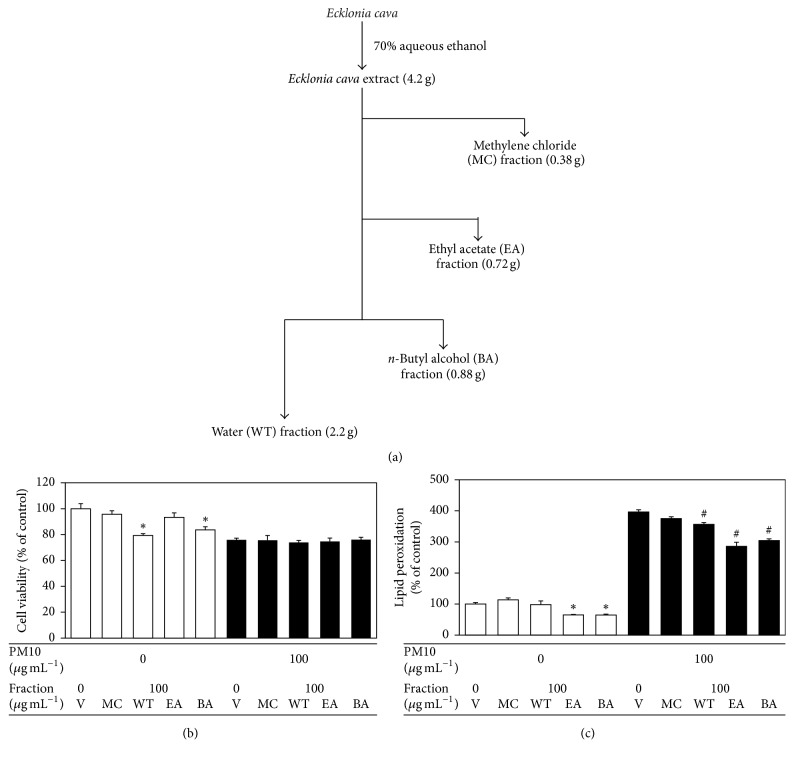
Different extraction methods yield varying protective compounds from Ecklonia cava, with ethyl acetate and water fractions showing strong antioxidant activity.[16]
-
Types of Extracts
70% Ethanol Extract
70% ethanol extract is the most commonly-studied form of Ecklonia cava in the research above. This extraction method effectively isolates the bioactive compounds while maintaining their structural integrity.
Testing reveals 70% ethanol extracts of Ecklonia cava consistently outperform water extracts in multiple antioxidant assays, demonstrating the importance of proper extraction techniques.
[48]Enzyme-Treated Extract
Enzyme-treated Ecklonia cava extract represents an advanced processing technique that uses digestive enzymes to break down cell walls and improve extraction efficiency.
FTIR spectroscopy confirms distinct chemical profiles between extraction methods, with ethanol extracts showing enhanced bioactive compound content compared to water extracts.[48]
This method offers a few advantages:
- Higher extraction yield of total phlorotannins
- Enhanced concentration of dieckol compared to conventional methods
- Solid efficacy against adipogenesis in laboratory studies
- Improved absorption potential due to enzymatic pre-digestion
Dieckol Isolate
For targeted applications, isolated dieckol represents the most potent single compound extracted from Ecklonia cava. This purified phlorotannin is mostly useful in research focusing on specific mechanisms of action, but doesn't seem to be commercially available and are less common in the consumer market.
-
Dosing Guidelines
Human Clinical Trial Dosages
Human clinical trials have established several effective dosage protocols depending on the desired outcome:
For Metabolic Health & Weight Management:
- 72-144 mg of Ecklonia cava polyphenols daily has demonstrated significant reductions in body mass index, body fat ratio, waist circumference, and waist-to-hip ratio after 12 weeks.[35]
For Blood Glucose Control:
- A single 600mg dose of Ecklonia cava extract significantly reduced postprandial blood glucose levels at 90 and 120 minutes after carbohydrate consumption in prediabetic individuals.[33]
- Daily supplementation with 1500mg of dieckol-rich extract for 12 weeks improved postprandial glycemic response in pre-diabetic subjects.[5]
For Sleep Support:
- 500mg per day of Ecklonia cava extract (standardized to phlorotannins) improved sleep maintenance, reducing wake time after sleep onset and total wake time in a human clinical trial.[44]
Results from standardized sleep quality measurements comparing phlorotannin supplementation to placebo across multiple parameters including sleep latency and duration.[44]
For Endurance Performance:
- A single 40mg dose of Ecklonia cava polyphenols taken 30 minutes before exercise significantly increased time to exhaustion during high-intensity exercise.[45]
For Inflammation & Oxidative Stress:
- 360mg daily for 12 weeks significantly reduced oxidative stress markers and inflammatory gene expression in overweight individuals with abdominal obesity.[34]
Optimal Dosing Strategy?
Based on clinical evidence, the following dosing strategy emerges:
- General health maintenance: 100-250 mg daily
- Metabolic support/weight management: 300-400 mg daily
- Targeted therapeutic applications: 400-600 mg daily
- Pre-workout performance enhancement: 40-100 mg 30 minutes before exercise
Most clinical trials used divided doses (typically twice daily) to maintain consistent blood levels throughout the day.
Nootropics Depot sells their capsules at 250mg each, which is a strong dose that can be taken once or twice daily.
Standardization Matters
When selecting an Ecklonia cava supplement, pay attention to standardization metrics:
- Total polyphenol content: Commercial products range from 13% to 98.5% polyphenols
- Dieckol concentration: The primary bioactive compound, with higher percentages generally offering stronger effects. This is commonly found at 0.5%
- Extraction method
For general health applications, supplements standardized to at least 90% polyphenols with measurable dieckol content provide optimal benefits while maintaining an excellent safety profile, which is discussed in the section below.
-
Stacking Considerations
Ecklonia cava extracts demonstrate complementary effects when combined with other natural compounds:
- Berberine and L-BAIBA: Synergistic metabolic support via AMPK/Nrf2 and PGC-1α pathways
- L-theanine and GABA: Enhanced mood and cognitive benefits
- Lion's Mane and bacopa: Comprehensive neurotrophic support
- Astaxanthin and hyaluronic acid: Possible enhanced benefits for skin health
Caution: Mild anti-platelet activity has been observed, so individuals taking anticoagulant medications should consult with a healthcare provider before supplementing.
Next, and most importantly, the safety and regulatory situation for Ecklonia:
Safety & Regulatory Status
It's vital to understand an ingredient's safety profile. Ecklonia cava (EC) has undergone several thorough toxicological evaluations, providing us with a solid understanding of its safety margins.
First, we should probably start with the regulatory status, since it may verify all readers need to see:
-
Regulatory Status
The regulatory status of Ecklonia cava varies by region, but it's a positive story.
United States: Some Ecklonia cava extracts have achieved Generally Recognized as Safe (GRAS) status, allowing their use in food and supplements. In 2008, an EC extract was successfully notified to the FDA as a new dietary ingredient. There are now three NDI (New Dietary Ingredient) notifications for Ecklonia Cava.[9-12]
European Union: The European Food Safety Authority (EFSA) has taken a more cautious approach, but still allow it up to certain limits. In their 2017 assessment, they established safe daily intake levels of:
- 163 mg/day for adolescents aged 12-14 years
- 230 mg/day for adolescents above 14 years
- 263 mg/day for adults
These recommendations are based on applying an uncertainty factor of 200 to the NOAEL from animal studies.[3]
Korea and Japan: Ecklonia cava has been used for centuries as a traditional food in these countries. Modern extracts are approved as functional food ingredients, reflecting the long history of safe consumption in East Asian diets.
-
Toxicology
To drive the above decisions, extensive toxicological testing has shown that Ecklonia cava extract has an impressive safety profile. A comprehensive 2018 study assessed acute and subchronic oral toxicity, finding that the acute oral LD50 (the dose at which 50% of test animals would die) was greater than 3000mg/kg of body weight in both rats and dogs.[8]
In the same study, a 13-week repeat-dose toxicity assessment showed no adverse effect on mortality, general behavior, body weight, or food/water intake at doses up to 3000mg/kg. Importantly, researchers established the no-observed-adverse-effect level (NOAEL) at 3000mg/kg for both male and female rats.[8]
Even extremely high doses of Ecklonia cava extract (up to 3000mg/kg) demonstrate no adverse effects on normal growth patterns in male and female rats over 13 weeks, confirming its excellent safety profile.[8]
Battery testing for genotoxicity, including Ames test, chromosome aberration assay, and micronucleus assay, found no evidence of mutagenicity or clastogenicity, confirming the extract does not damage genetic material.[8]
Had these studies been published before the EFSA decision, we're extremely confident that Europe would have higher dosing permittance.
-
Human Safety
Human clinical trials have consistently demonstrated the safety of Ecklonia cava extracts. Multiple studies using daily doses of 600mg showed no significant adverse events related to EC extract consumption.[5]
In a randomized, double-blind, placebo-controlled trial involving 80 pre-diabetic subjects, researchers administered a dieckol-rich extract from EC at 1500mg daily for 12 weeks. Throughout the study, biochemical and hematological parameters remained within normal ranges, and no significant adverse events related to extract consumption were reported.[5]
Another human trial using Ecklonia cava polyphenols at doses of 72 mg and 144 mg daily for 12 weeks reported no treatment-related toxic symptoms. All biochemical and hematological parameters remained within normal ranges throughout the study period.[35]
-
Iodine Content - An Important Consideration
It's worth noting that Ecklonia cava, like many marine algae, contains iodine. The European Food Safety Authority (EFSA) mentions that iodine intake from EC may be a concern for people at risk of thyroid disease. They noted that iodine content inside ranges from 150 to 650 mg/kg, and that intake of other iodine-containing supplements alongside EC might exceed the upper safe levels of iodine intake.[3]
For healthy individuals, this level of iodine is unlikely to pose issues, but those with thyroid conditions should consult with healthcare providers before using EC supplements.
-
Safety Conclusion
The available evidence strongly supports the safety of Ecklonia cava extract for human consumption at the commonly used doses in supplements (typically 72-600 mg daily). Multiple animal and human studies have demonstrated favorable safety profiles with no significant adverse effects. The only notable consideration is iodine content, which could be relevant for individuals with thyroid disorders.
Both ethanol and water extracts of Ecklonia cava demonstrate excellent safety at standard supplemental doses, with effects on cell viability appearing only at extremely high concentrations.[48]
As with any supplement, people with pre-existing health conditions or those taking medications should consult healthcare providers before beginning EC supplementation.
Why Nootropics Depot’s Ecklonia Cava?
In an industry crowded with questionable products, Nootropics Depot stands apart with their Ecklonia Cava supplement, which rests on the top tier of the category. Their journey to bring this remarkable brown seaweed to market reveals why their product deserves special attention.
The Six-Year Quest for Authentic Ecklonia Cava
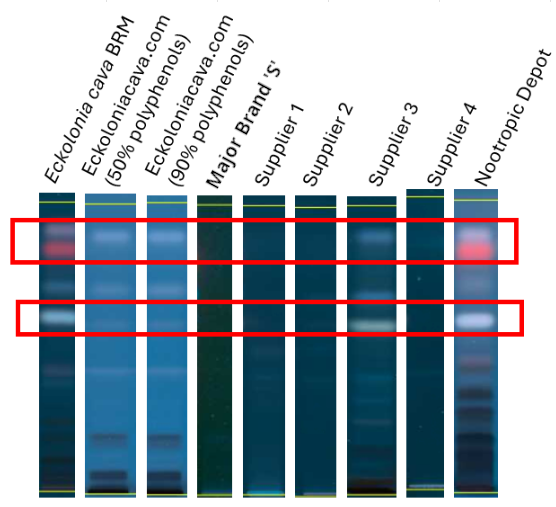
Nootropics Depot has tested the competition, which includes one major national brand, as well as numerous suppliers, and all of them have fallen short compared to what they consider to be acceptable
It took Nootropics Depot six years to develop their Ecklonia cava supplement! When they began exploring this ingredient, they made a startling discovery: most Ecklonia cava on the market was fake.
The issue? No botanical reference materials (BRMs) existed to verify authenticity. Instead of settling for substandard materials like many companies would, Nootropics Depot partnered with a Korean university to create the first validated Ecklonia cava reference material. Working with specialized DNA labs and experienced botanists, they established the gold standard for identifying genuine Ecklonia cava.
This rigorous authentication process revealed an alarming truth: none of the samples they tested passed identity verification. Even products from major US brands failed DNA testing, proving to be completely different seaweed species.
Building a Supply Chain from Scratch
Armed with the ability to identify authentic material, Nootropics Depot faced their next challenge: securing a reliable supply. Ecklonia cava is protected by the Korean government, with strict controls regarding direct harvesting from the ocean. The only fully legal source is material that washes ashore after cyclones hit the islands.
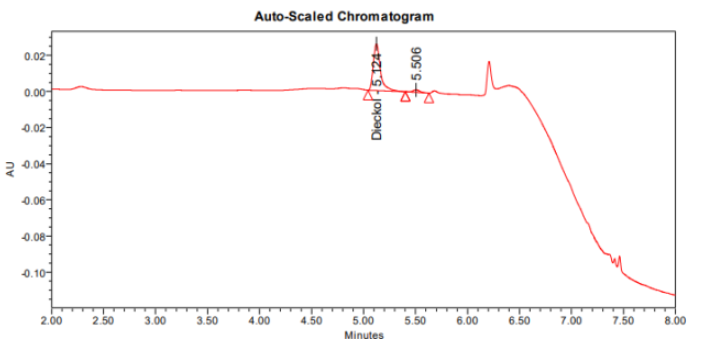
UPLC chromatogram showing dieckol detection at 5.124 minutes in Nootropics Depot's Ecklonia Cava. This analytical testing confirms the presence and quantification of dieckol, the primary bioactive compound responsible for many of Ecklonia cava's health benefits.
This unusual constraint forced Nootropics Depot to:
- Establish a facility in Korea
- Build relationships with multiple suppliers
- Create a complex logistics network to obtain sufficient supply
Let's put it simply -- this is above and beyond what basically any dietary supplement brand does these days. But it's worth it, because we now have the de-facto best product on the market.
Superior Potency Through Analytical Chemistry
Nootropics Depot didn't stop at authenticity. Next, they pursued optimal potency. Through advanced analytical chemistry, they discovered that Ecklonia cava from specific parts of a Korean island named Jeju Island contained significantly higher dieckol content. This is due to the amount of sunlight it receives, but is also determined by large swings in water levels between low and high tide, as well as the unique mineral composition of the water there.
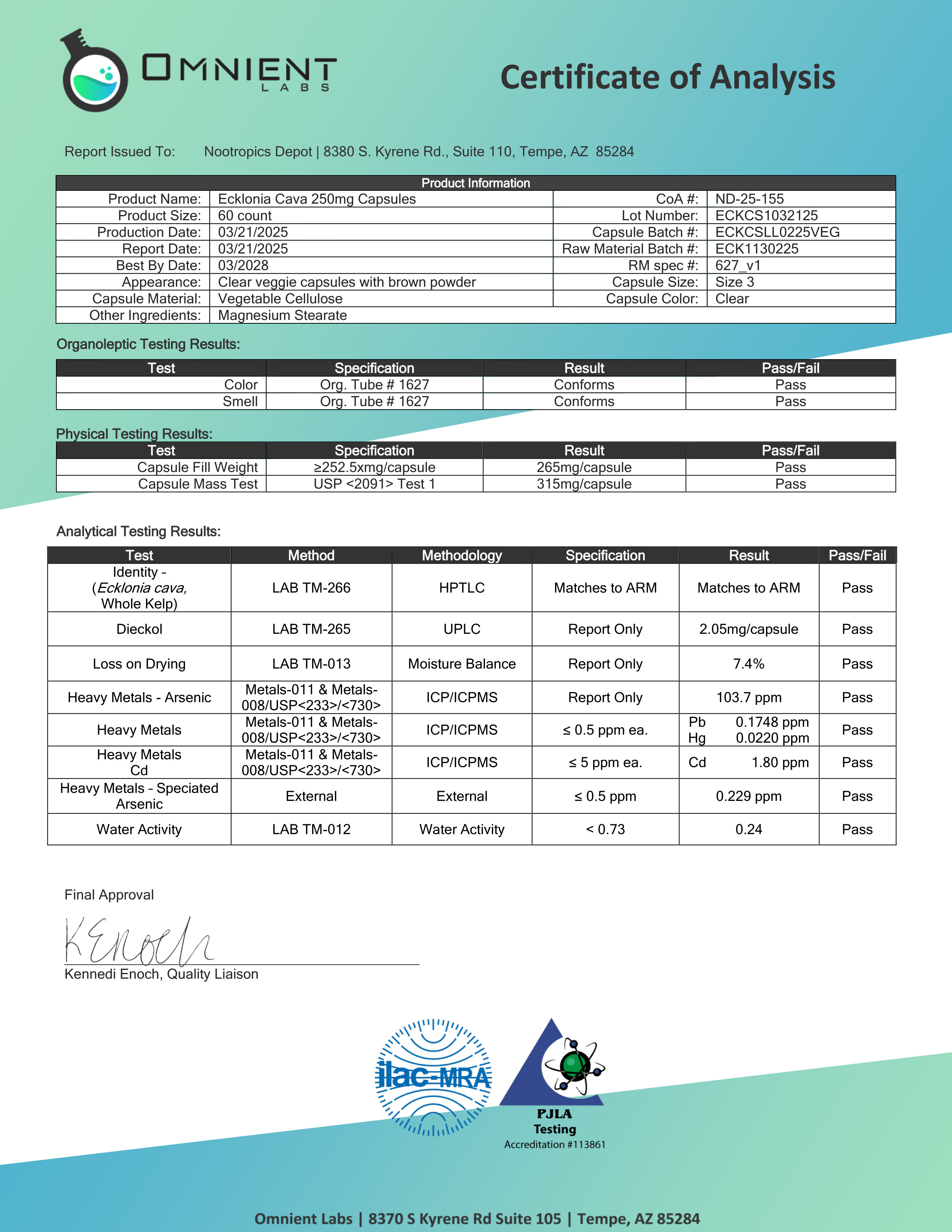
Nootropics Depot's third-party lab testing shows that their supplement goes above and beyond their guaranteed dieckol content
Their supplement contains at least 0.5% dieckol per capsule (verified by UPLC testing in every batch), ensuring you receive a consistent dose of this key bioactive compound in every serving. However, it's not chemically extracted, meaning that it retains its native bioactive profile -- exactly as nature intended.
Rigorous Third-Party Testing
Every batch of Nootropics Depot's Ecklonia cava undergoes extensive third-party testing:
- Identity confirmation using HPTLC to verify authentic Ecklonia cava
- Dieckol content verification through UPLC
- Heavy metals testing for safety (including speciated arsenic)
- Moisture content and water activity analysis for stability
Their attached Certificate of Analysis (dated March 21, 2025) confirms that their product meets and exceeds all specifications and contains 2.05mg of dieckol per capsule -- a level of transparency you'll rarely find with supplement companies. Note that this batch had quite a bit over the minimum specification of 0.5% dieckol: it works out to 0.82%, which is 1.64x the minimum they're guaranteeing.
While other companies may claim to offer Ecklonia cava, Nootropics Depot offers proof... with published lab tests, DNA verification, and detailed sourcing information. Their unwavering commitment to quality has resulted in what may be the only legitimate Ecklonia cava supplement available in the United States.
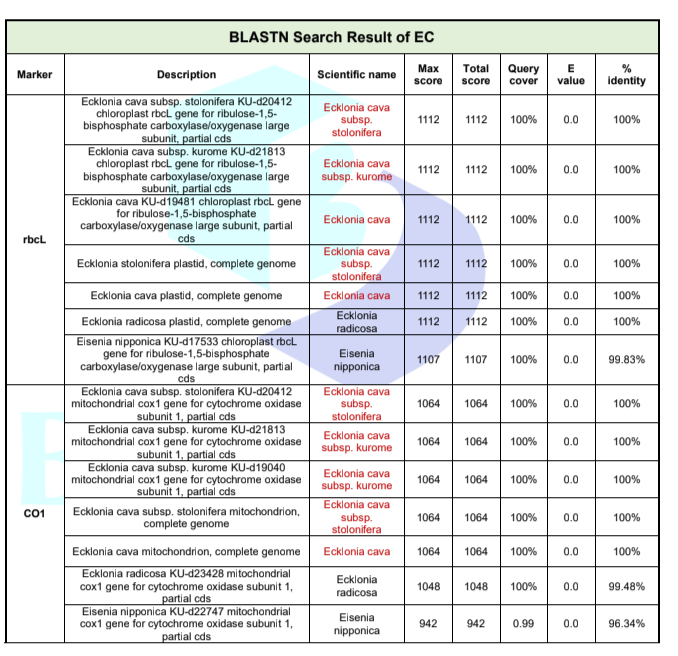
BLASTN (Basic Local Alignment Search Tool for Nucleotides) analysis results from Nootropics Depot confirming authentic Ecklonia cava identity through perfect (100%) matches to multiple genetic markers, including rbcL and CO1 regions. This scientific DNA verification ensures the material is genuine Ecklonia cava and not a different seaweed species.
For those seeking the full benefits of this remarkable brown seaweed, Nootropics Depot provides what others simply cannot: the real thing.
Conclusion: The Marine Superfood That Puts Land Plants to Shame
After examining the near-overwhelming amount of research behind Ecklonia cava, one thing becomes abundantly clear: this isn't just another trendy supplement. Instead, we're looking at a multi-functional botanical powerhouse with applications spanning brain health, metabolism, inflammation control, and even hair and skin vitality. This stuff is the real deal, and we couldn't be happier that Nootropics Depot brought it to our attention.
The Multifunctional Marine Treasure
Ecklonia cava stands apart from typical terrestrial botanicals with its profile of unique marine-derived phlorotannins. These compounds deliver incredible antioxidant capacity while remaining stable in the body for longer periods of time. This translates to incredible health benefits that few other natural compounds can match.
Ecklonia cava amazingly addresses multiple health concerns simultaneously:
- Brain support: Enhances cognitive function while protecting neural tissue from oxidative damage and inflammation
- Metabolic balance: Improves glucose control, supports healthy body composition, and enhances energy metabolism
- Liver protection: Reduces hepatic fat accumulation while supporting detoxification pathways
- Environmental defense: Protects cells from modern pollutants, including airborne particulate matter
- Hair and skin vitality: Promotes hair growth cycles while enhancing skin's resilience against environmental stressors
- Relaxation and Sleep: Promotes relaxation and improves sleep quality via GABAA receptor interaction, without next-day grogginess
The Nootropics Depot Difference
When it comes to sourcing legitimate Ecklonia cava, quality matters tremendously. As our investigation revealed, much of what's sold as "Ecklonia cava" in the market fails basic identity testing. Nootropics Depot's six-year journey to develop authentic Ecklonia cava supplement sets a new standard for quality in the industry.
Their painstaking development of reference materials for verification, extensive supply chain work in Korea, and rigorous standardization to ensure optimal dieckol content make their product the gold standard for those seeking the full benefits of this remarkable seaweed.
The Future of Ecklonia Cava Research
Despite the impressive body of evidence supporting Ecklonia cava's benefits, we're still at the beginning of understanding its full potential. Several exciting research directions promise to expand our knowledge:
- Long-term human studies: Moving beyond the existing 12-week clinical trials to assess sustained benefits and optimal dosing strategies
- Cognitive-focused trials: Dedicated human studies on cognitive enhancement and neuroprotection, especially for aging populations
- Dermal applications: Topical formulations for direct application to hair and skin
- Gut-brain-skin axis investigations: Deeper exploration of how Ecklonia cava's benefits on gut health translate to improved brain function and skin health
- Synergistic combinations: Research into how Ecklonia cava works alongside other natural compounds to enhance overall effectiveness
Final Thoughts
The traditional wisdom of East Asian cultures recognized Ecklonia cava's value centuries ago. Modern science has now validated and expanded our understanding of this wonderful marine botanical. Ecklonia cava offers a whole-body approach to wellness that few natural ingredients can match.
For anyone seeking a science-backed supplement with multiple health benefits, Ecklonia cava -- especially in the form of a properly standardized, verified supplement like the one offered by Nootropics Depot -- represents one of the most promising options available today. As research continues to unfold, we expect the applications and appreciation for this remarkable brown seaweed to grow even further.
Nootropics Depot Ecklonia Cava – Deals and Price Drop Alerts
Get Price Alerts
No spam, no scams.
Disclosure: PricePlow relies on pricing from stores with which we have a business relationship. We work hard to keep pricing current, but you may find a better offer.
Posts are sponsored in part by the retailers and/or brands listed on this page.
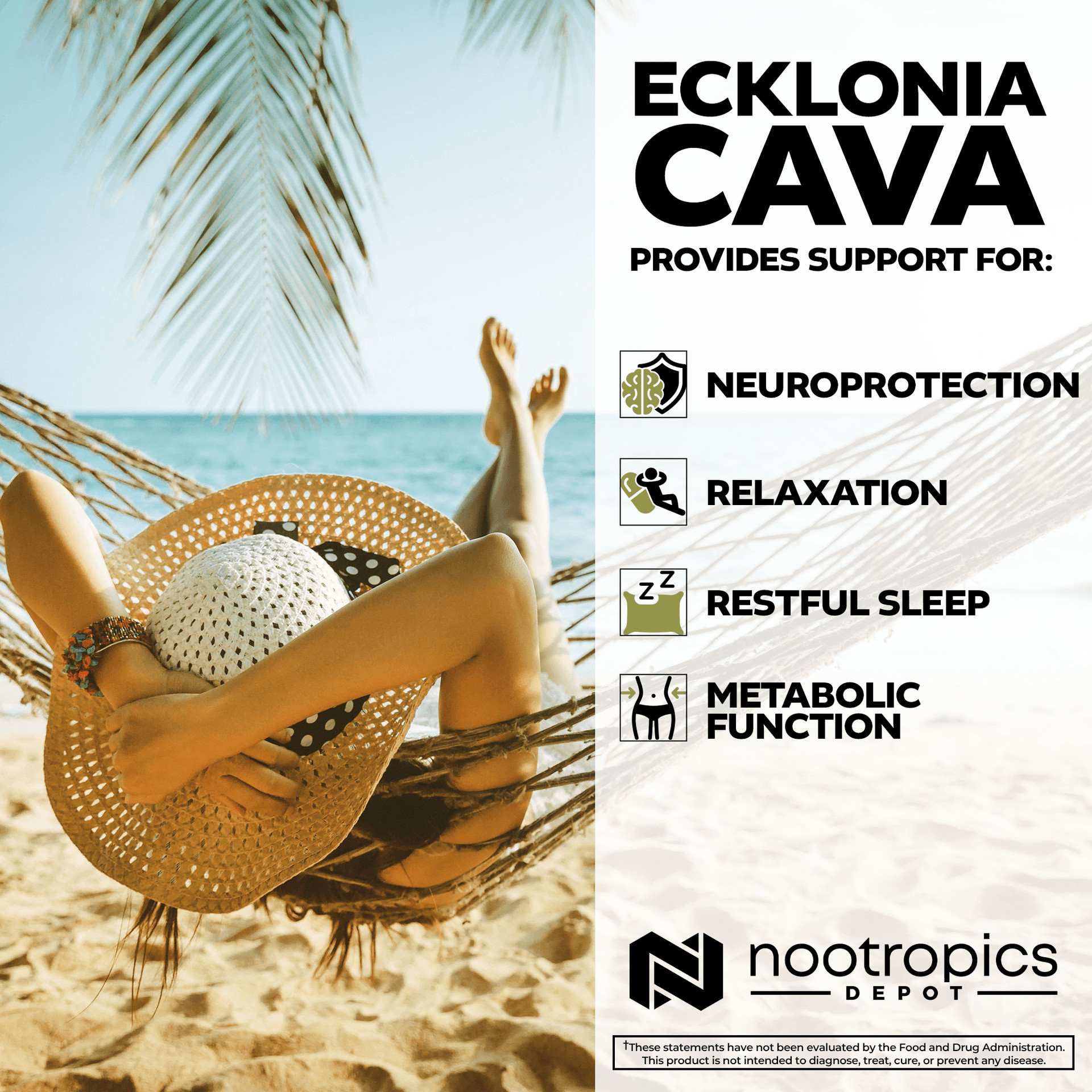
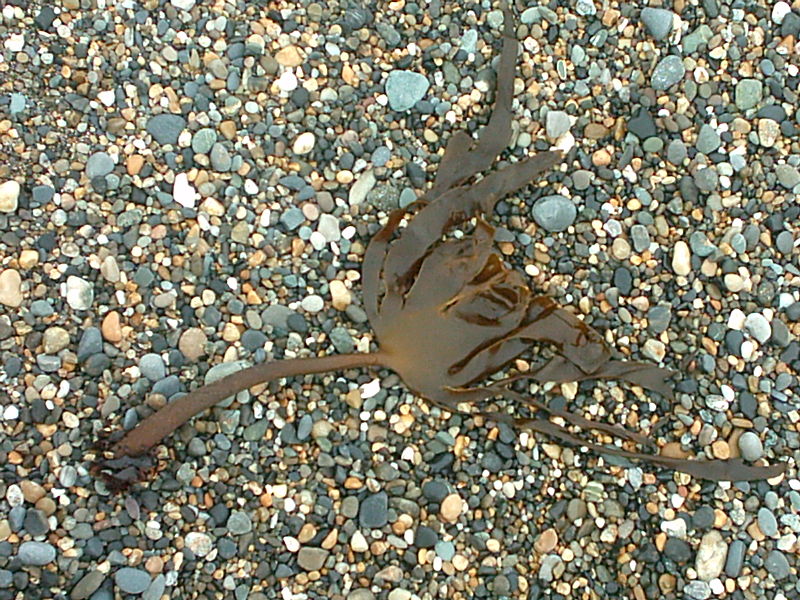

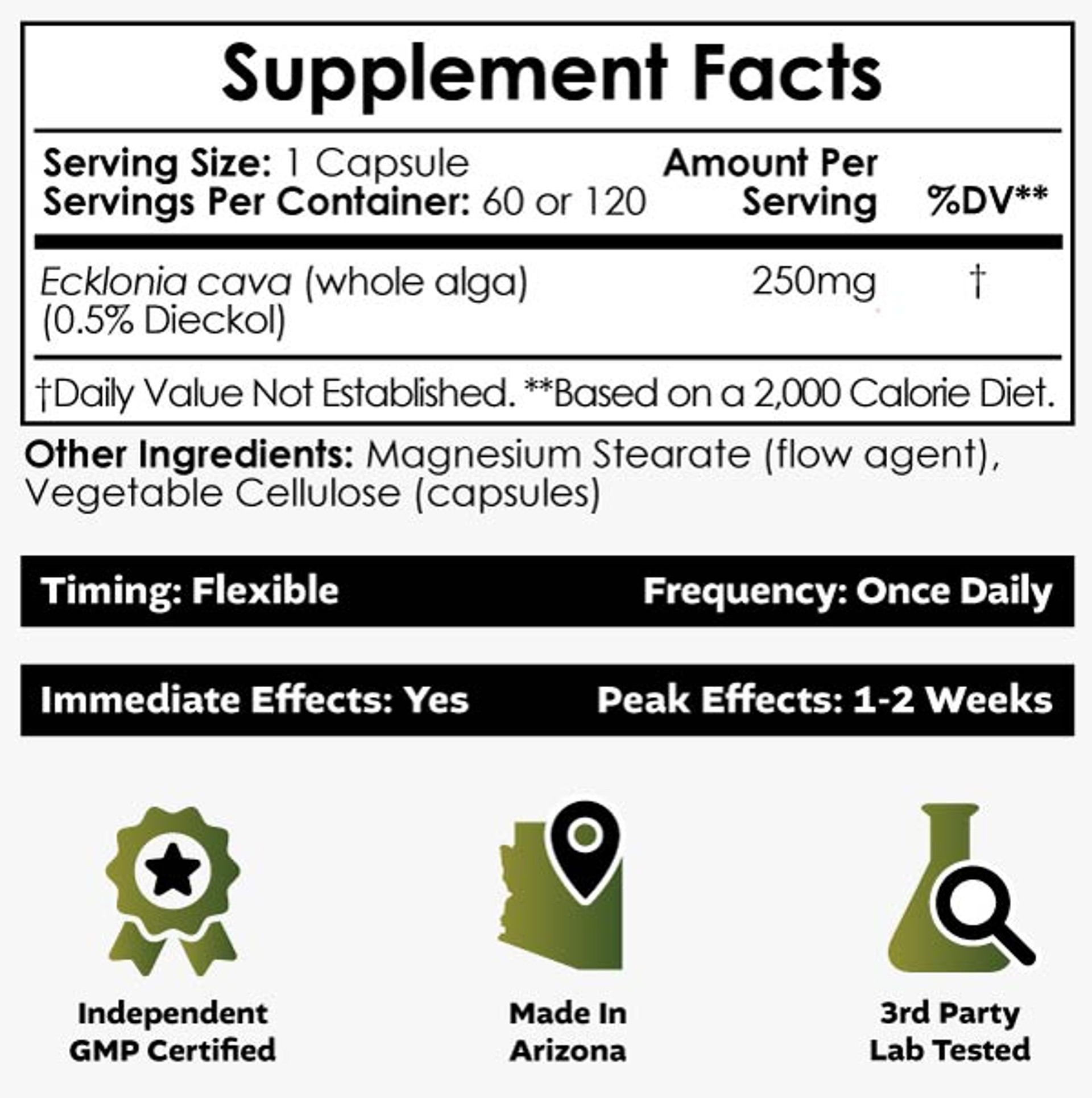
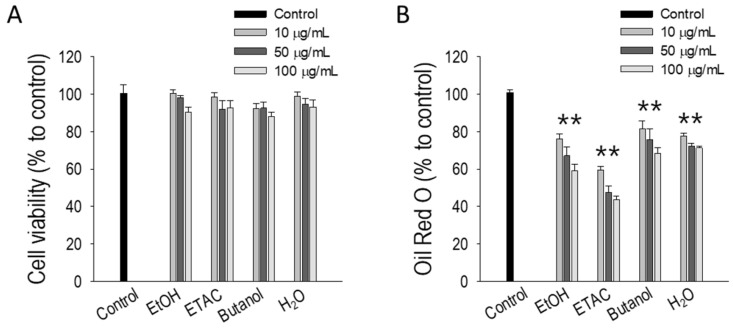
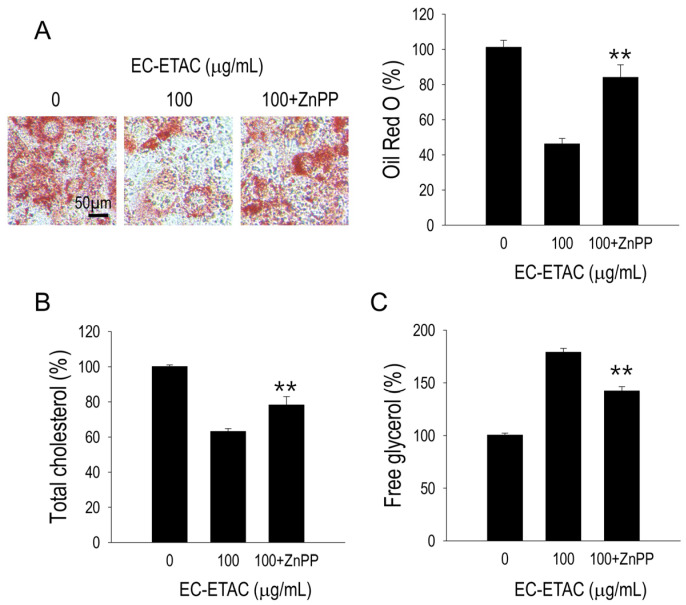
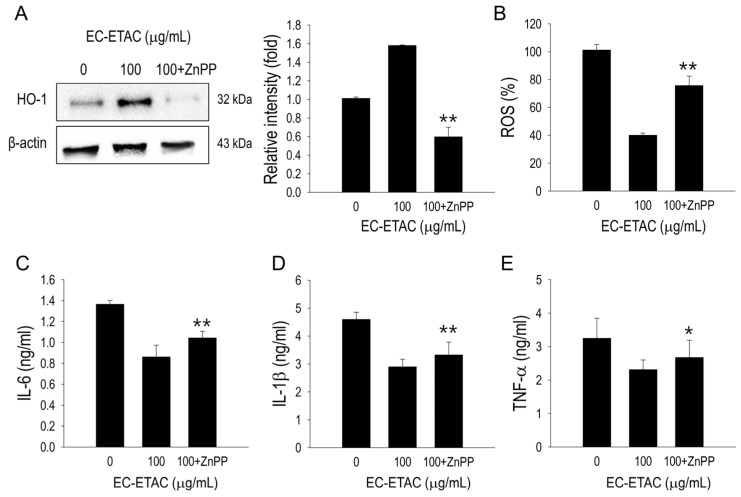
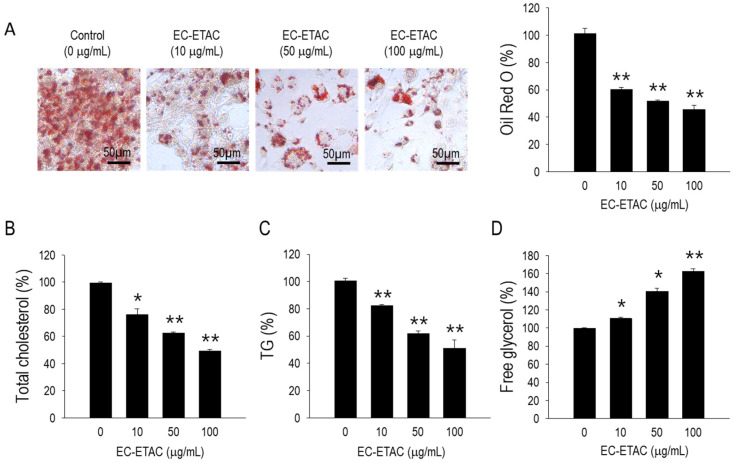
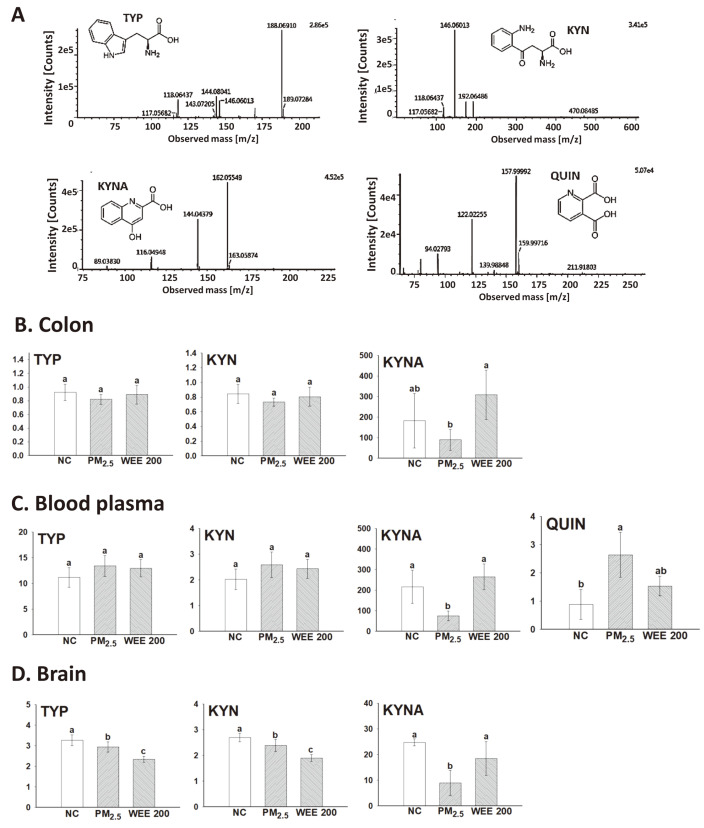
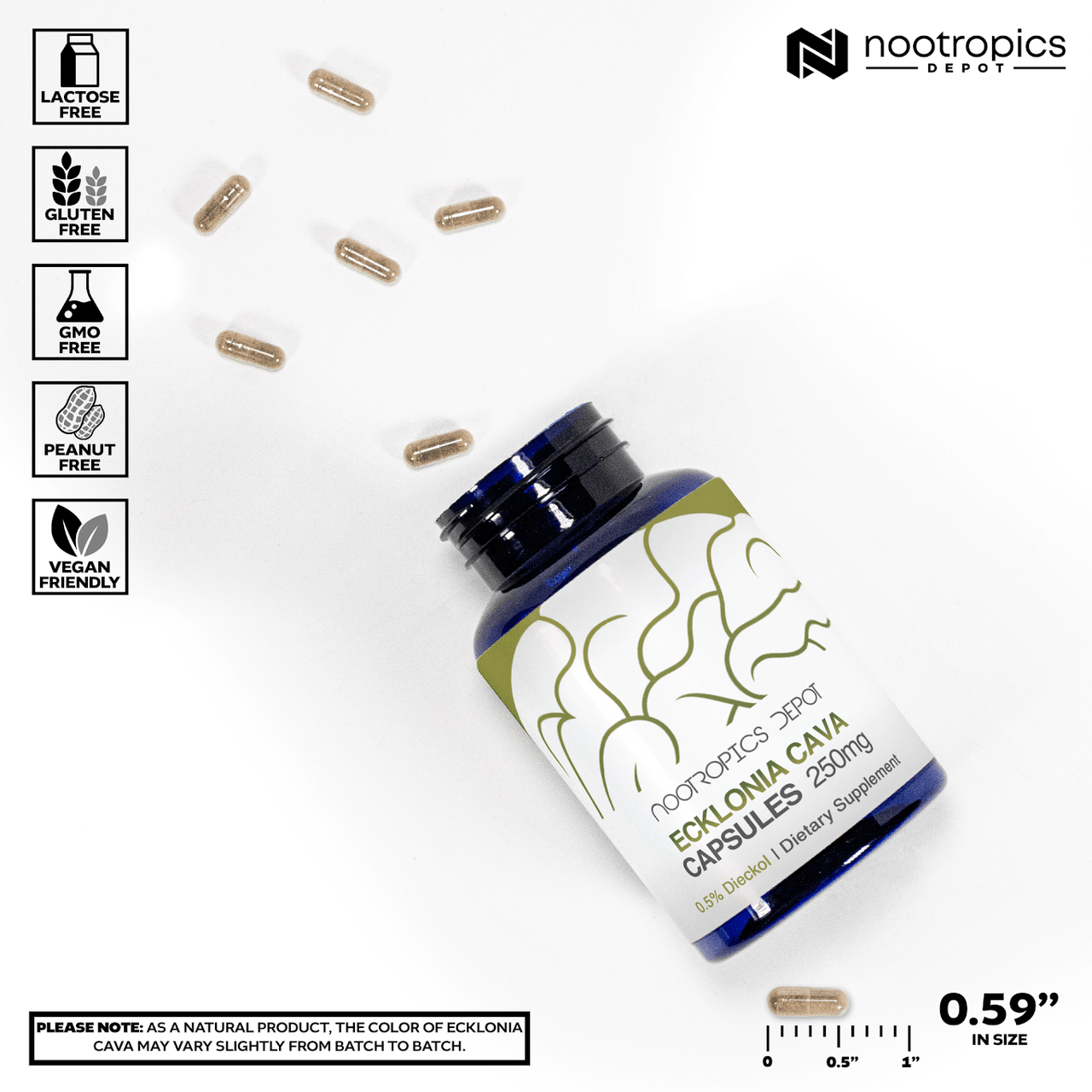
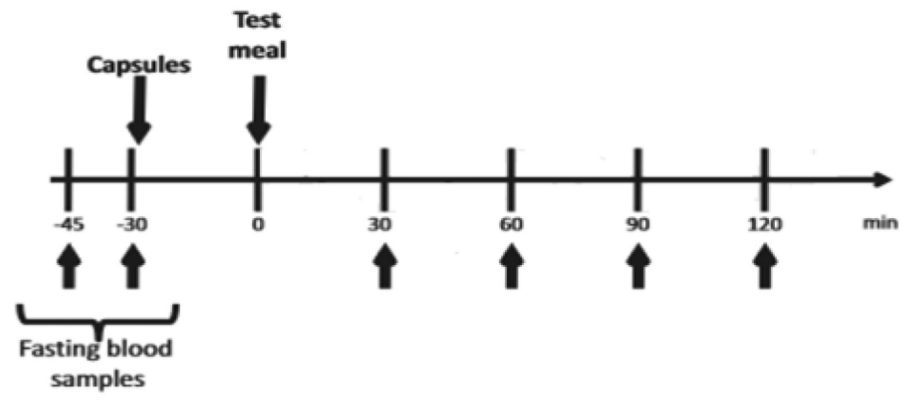
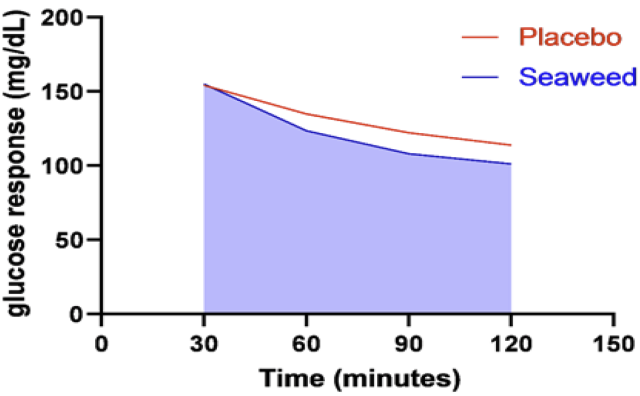
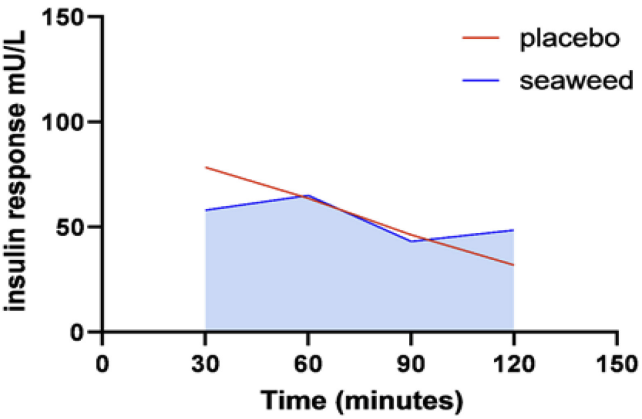

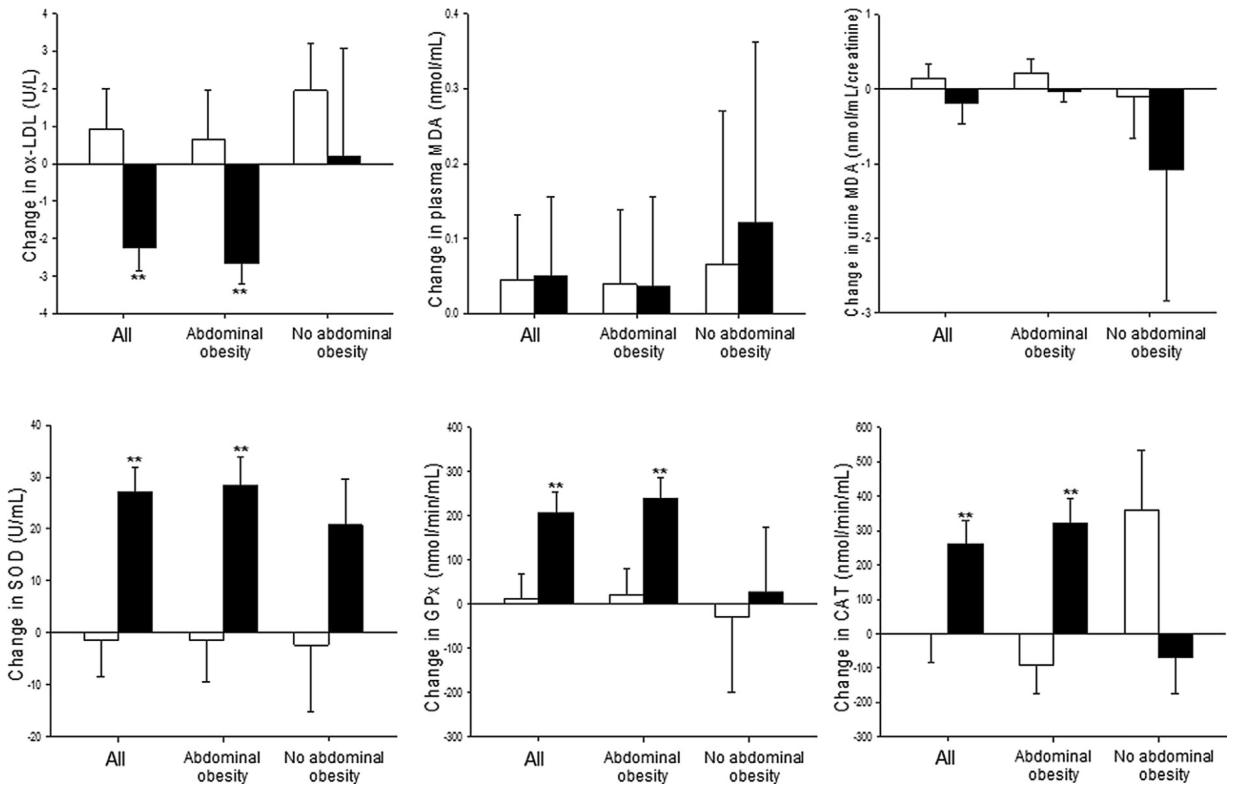
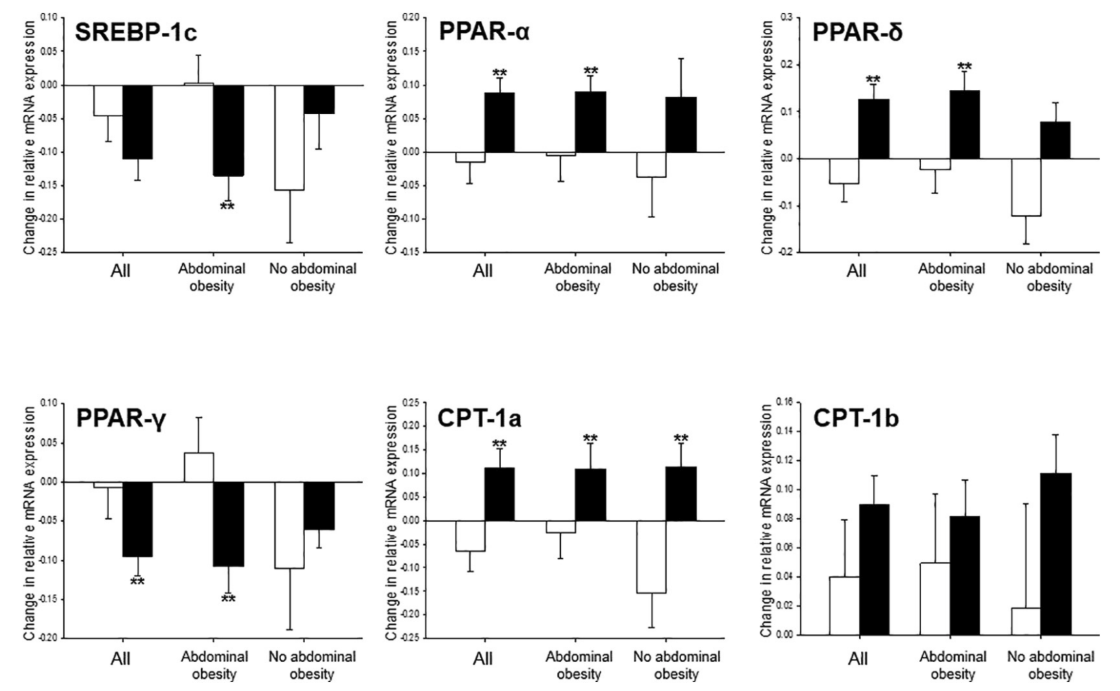
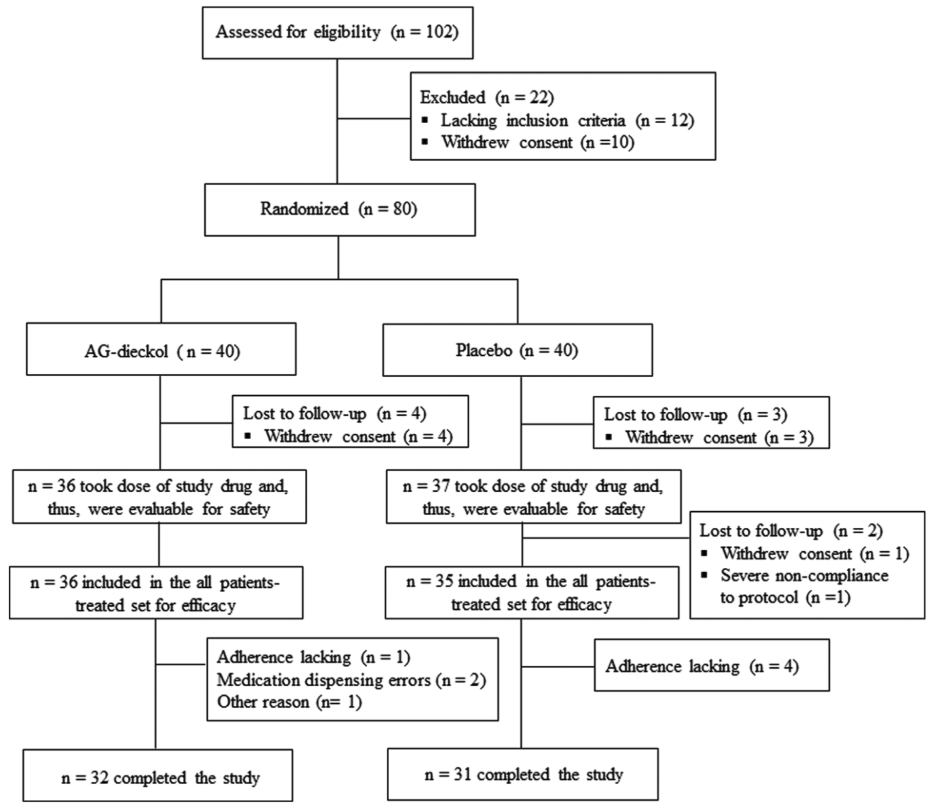
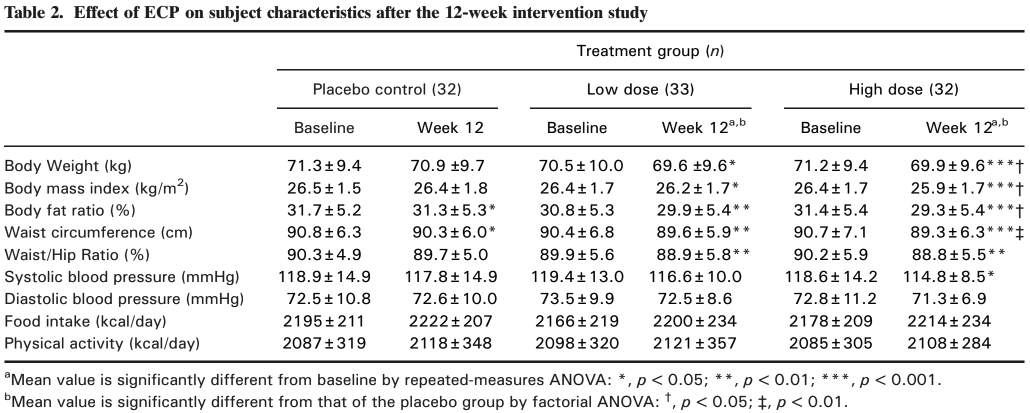
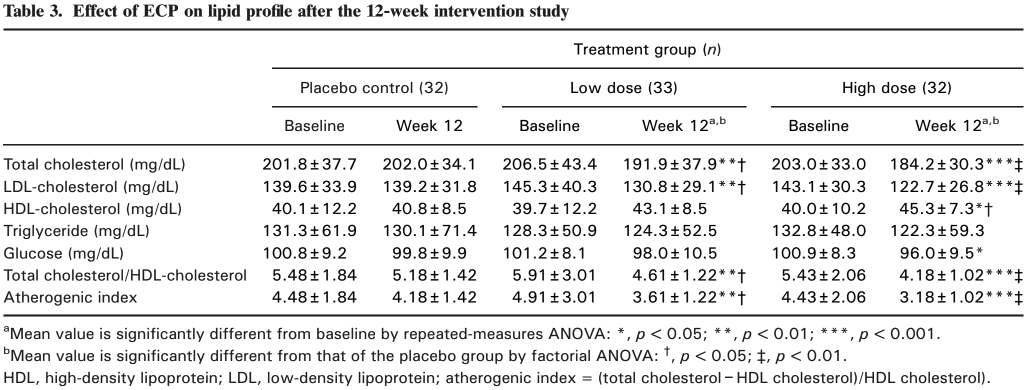
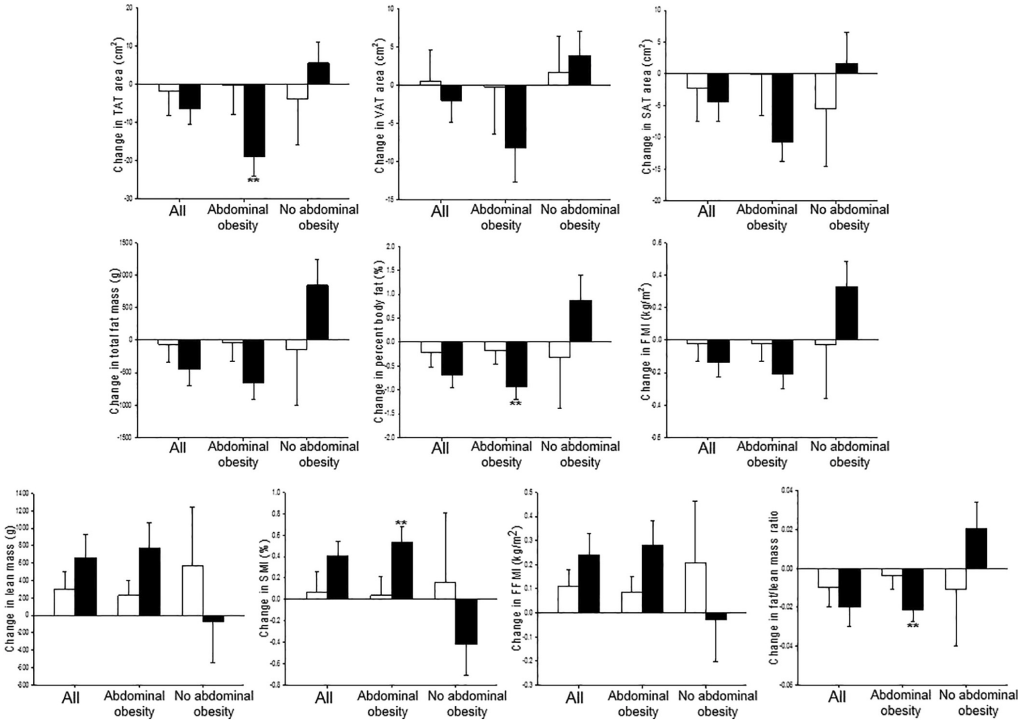
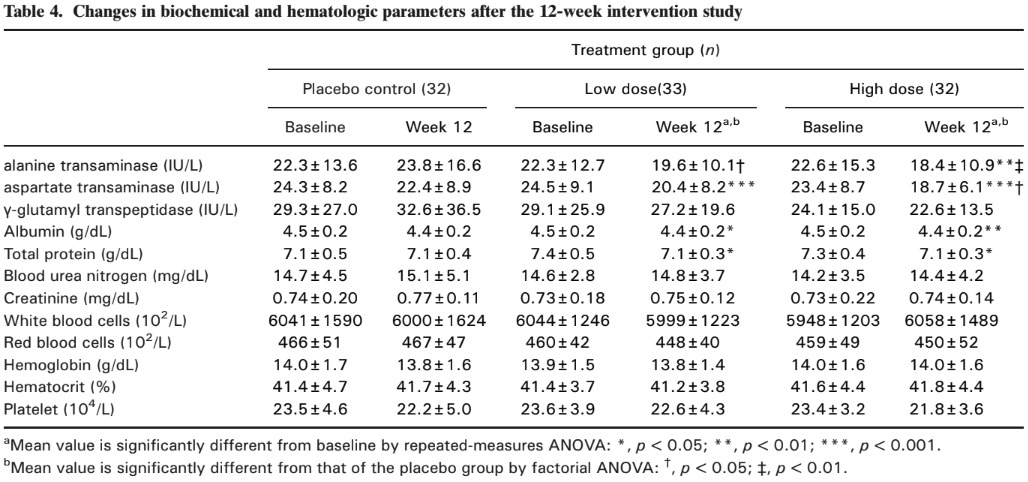
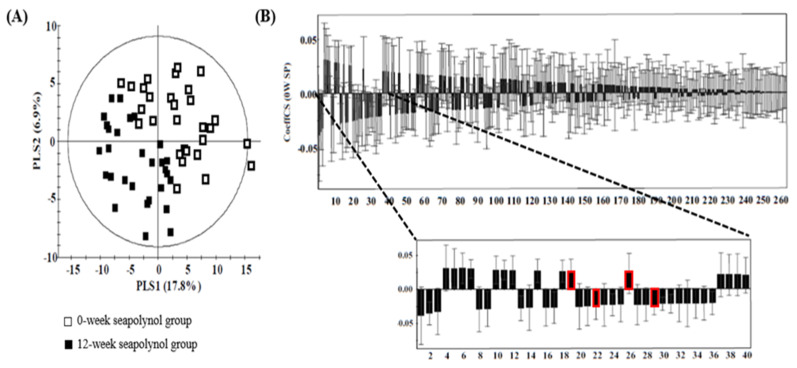
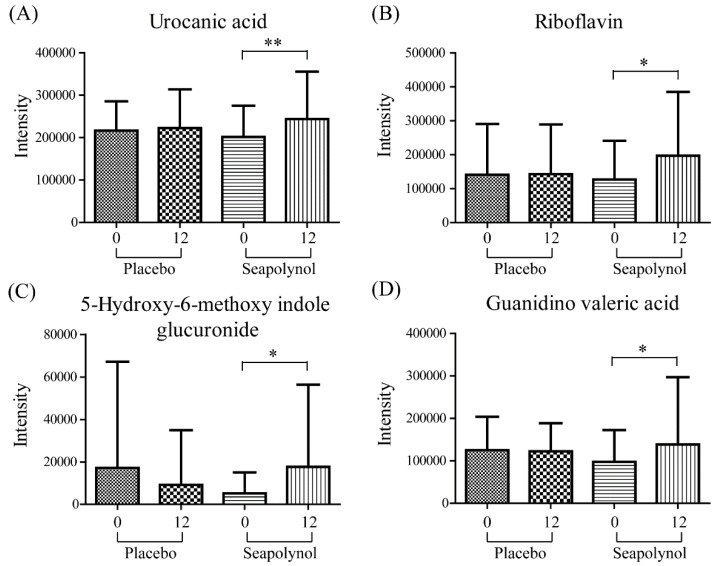
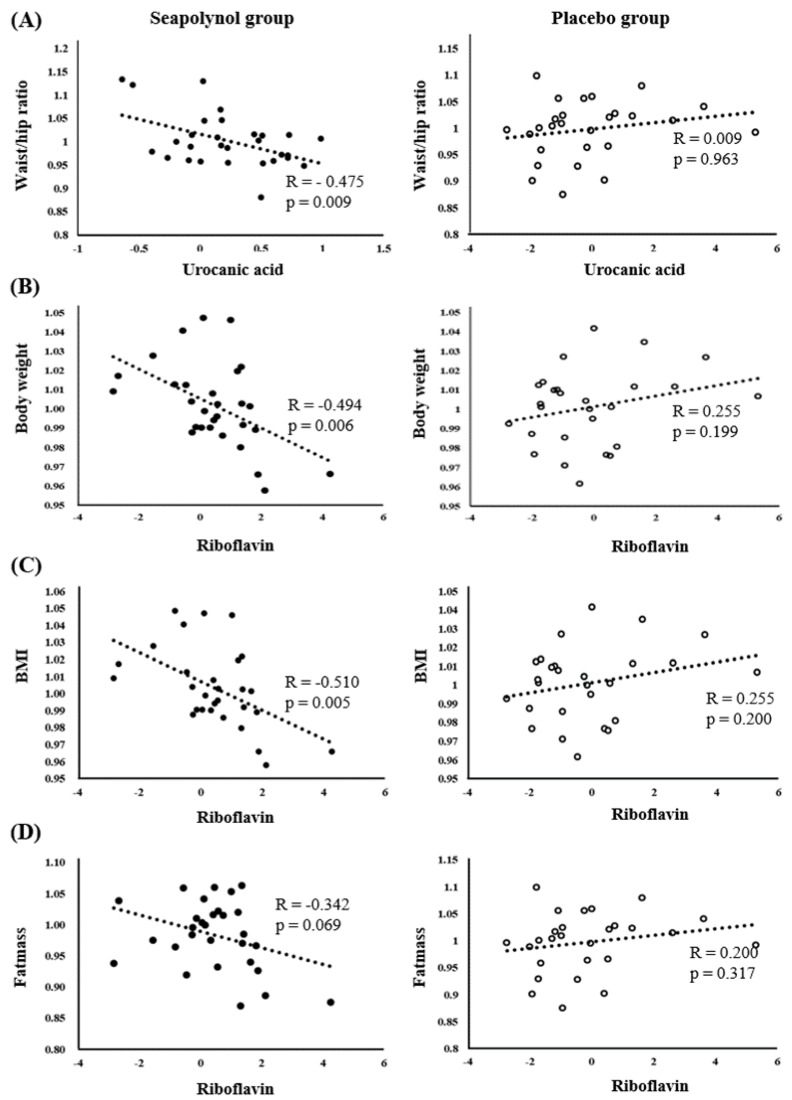
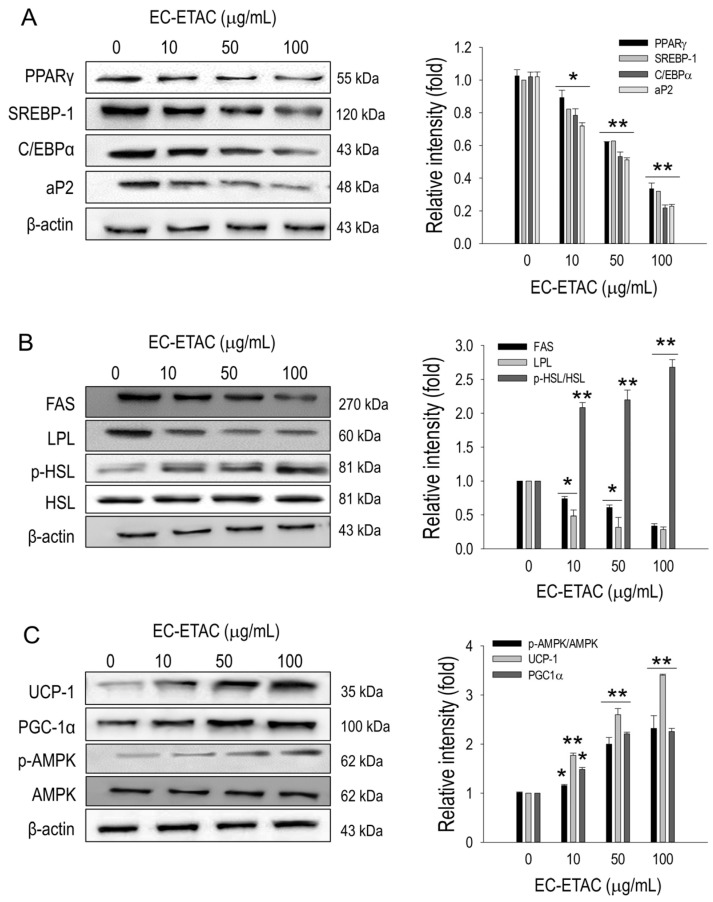
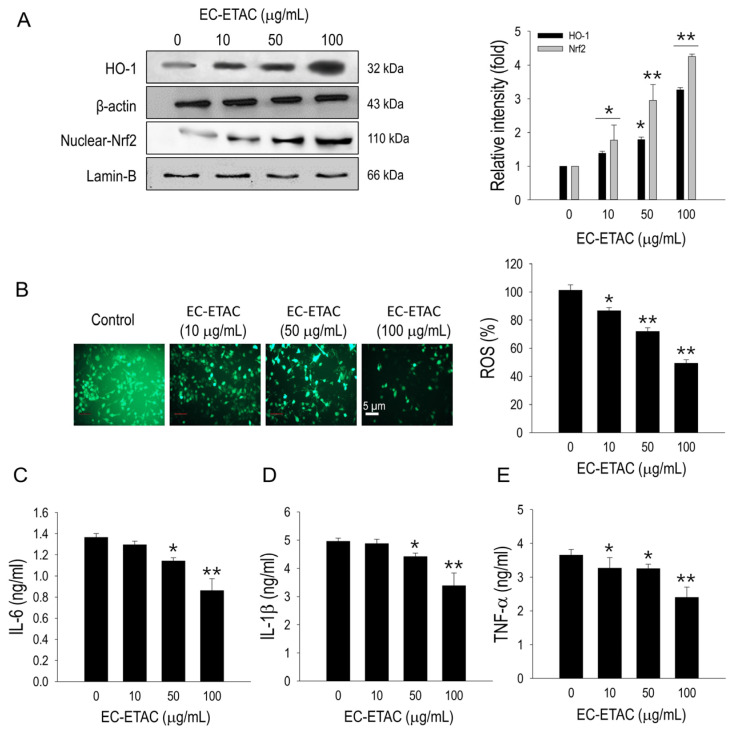
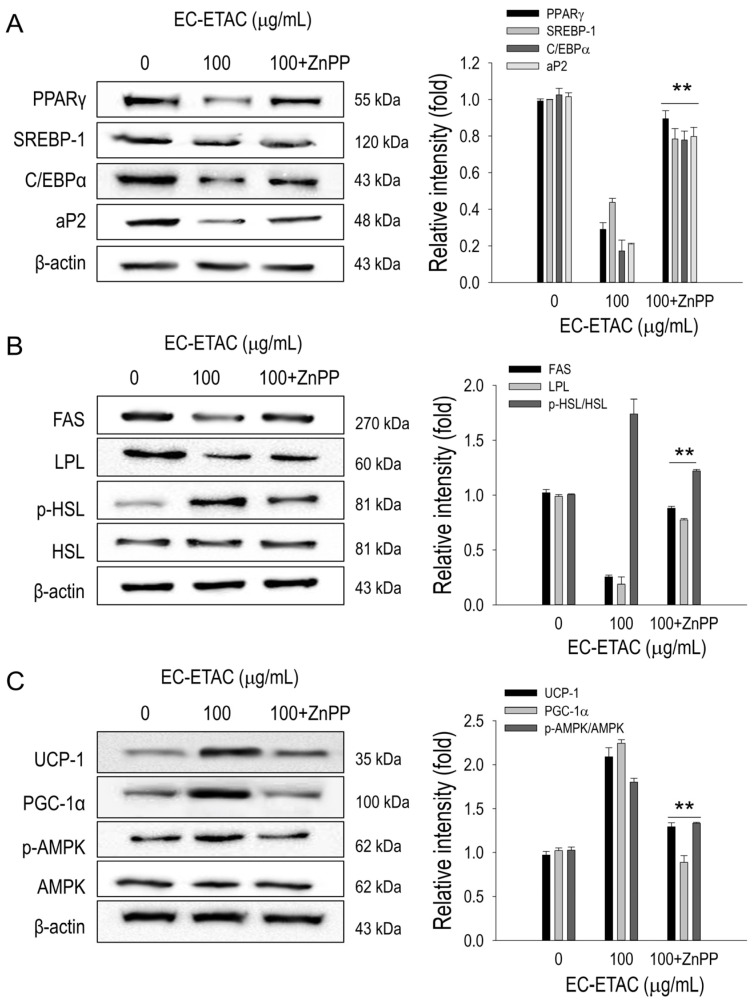
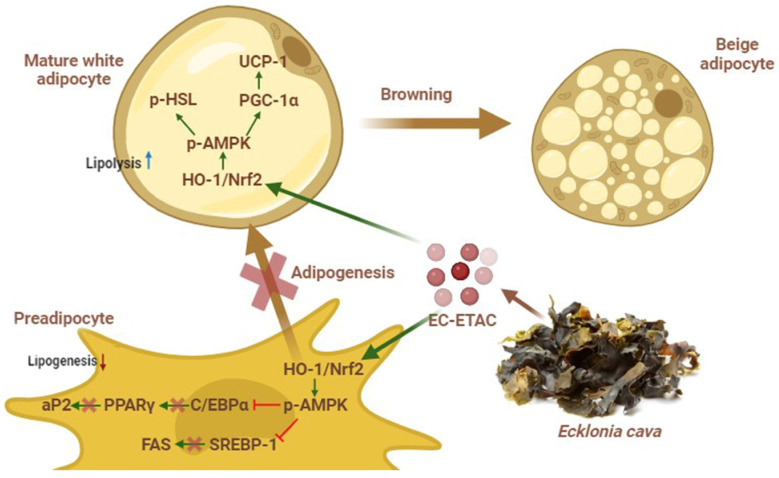
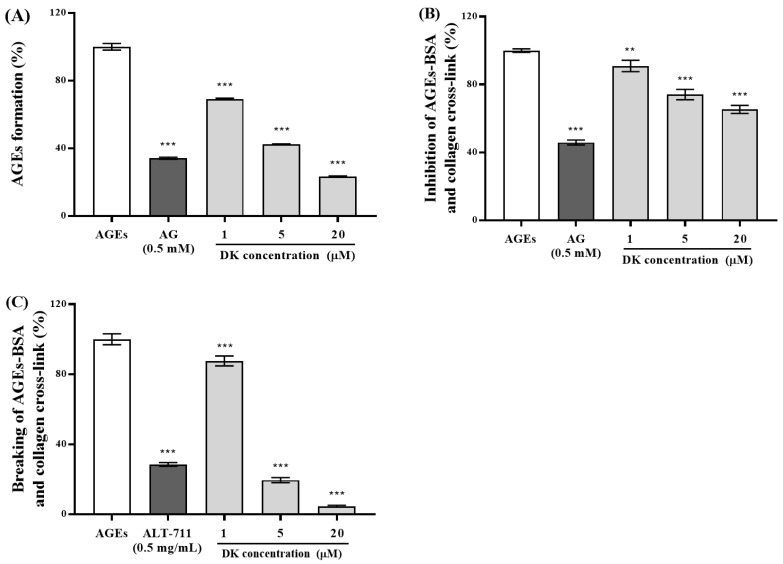
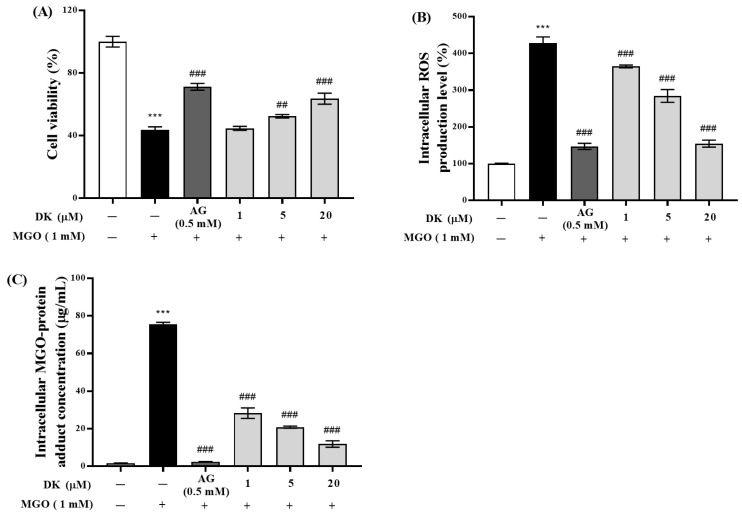
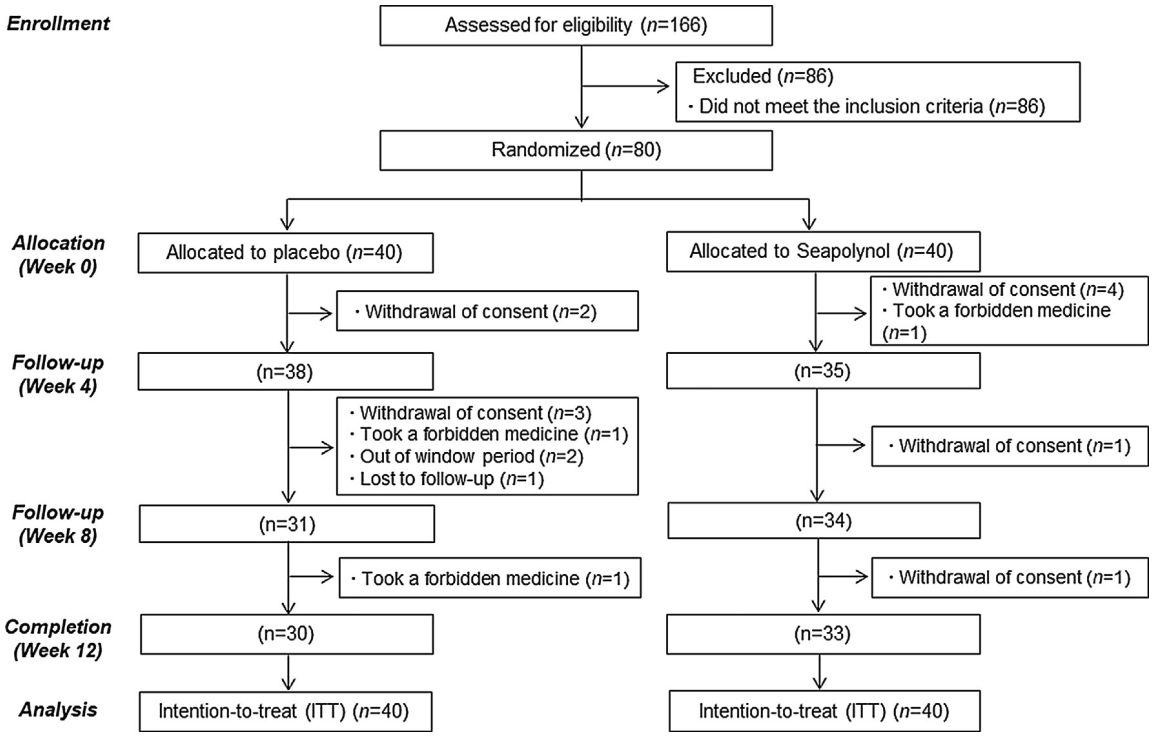
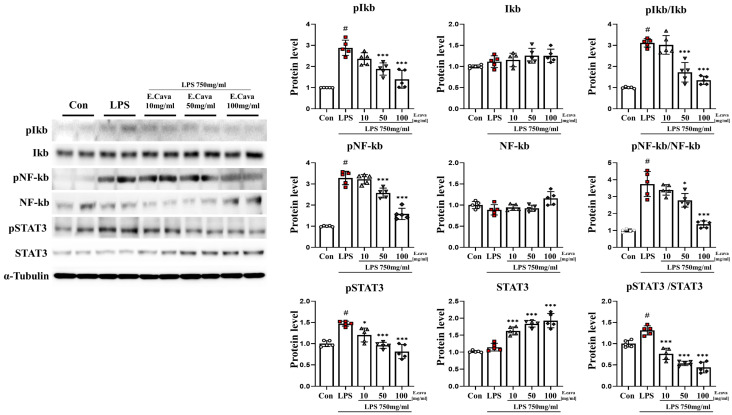
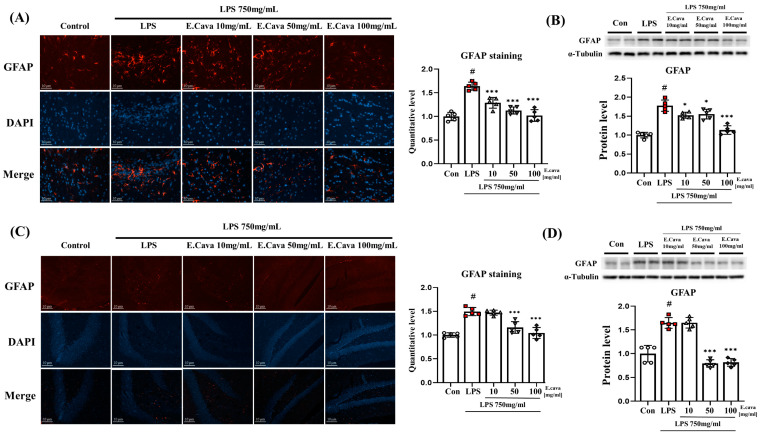
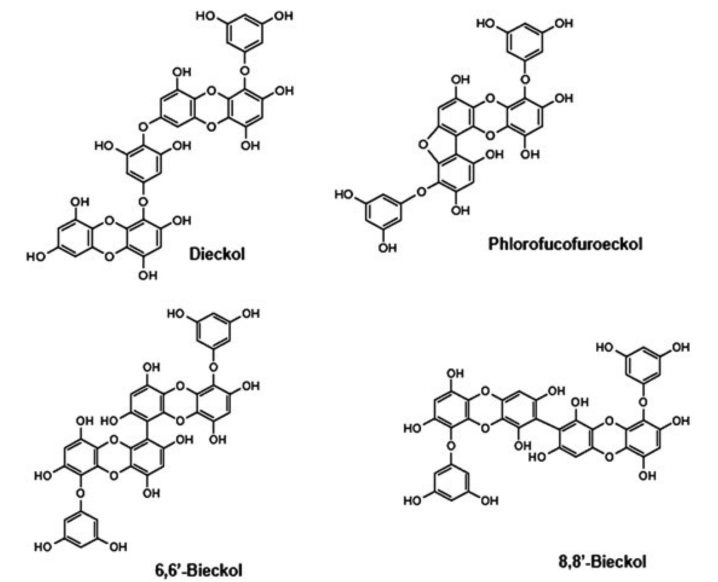
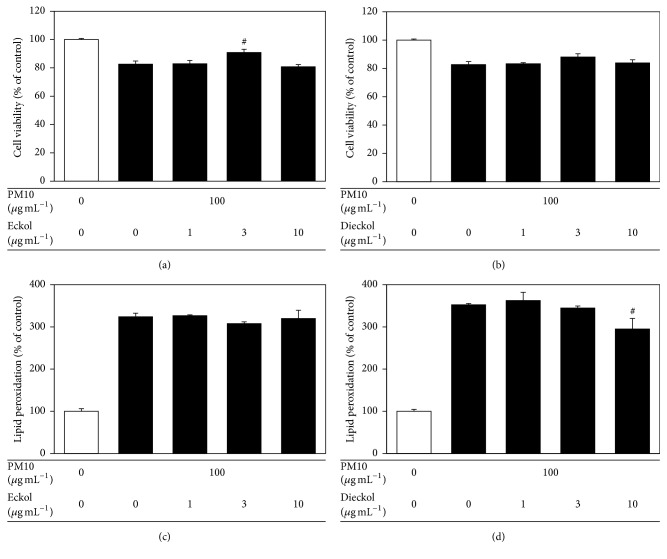
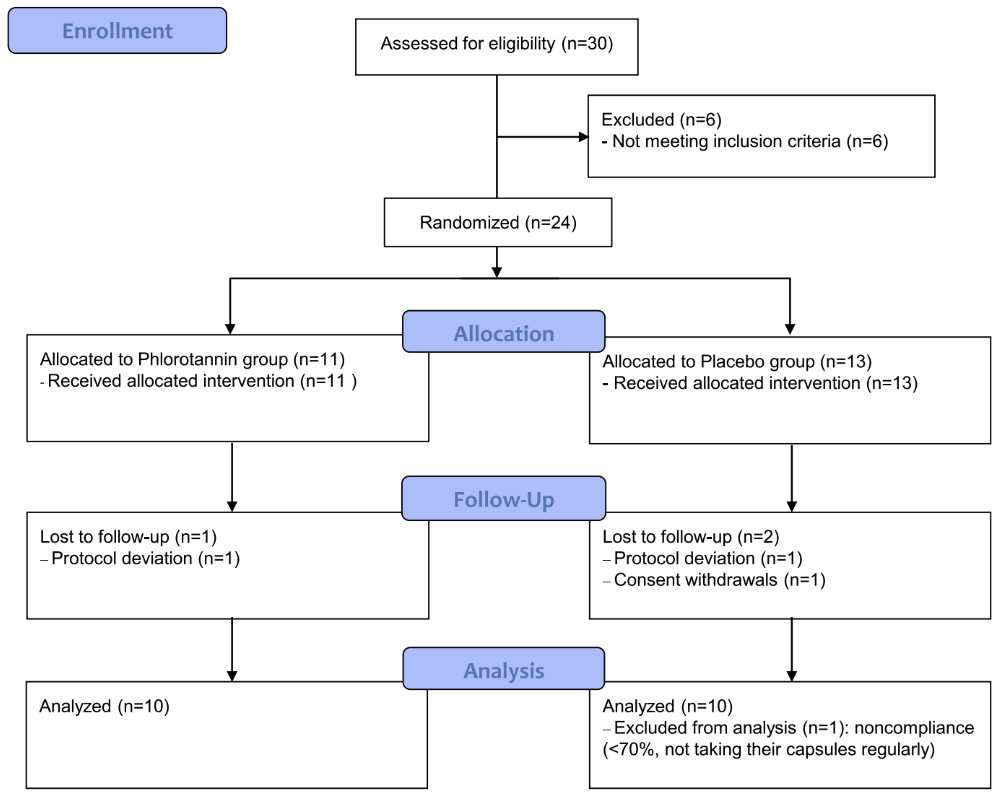
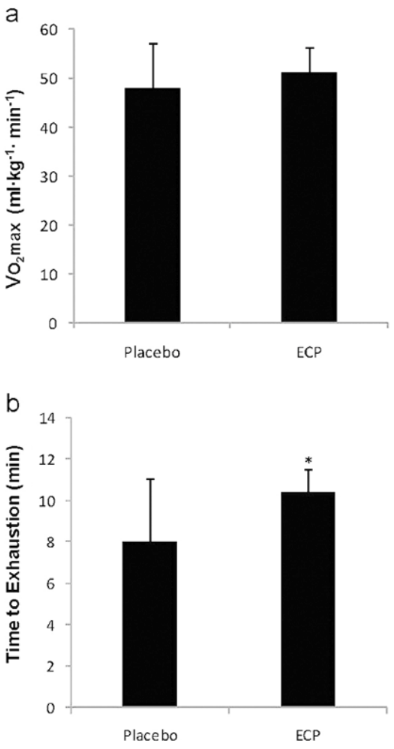
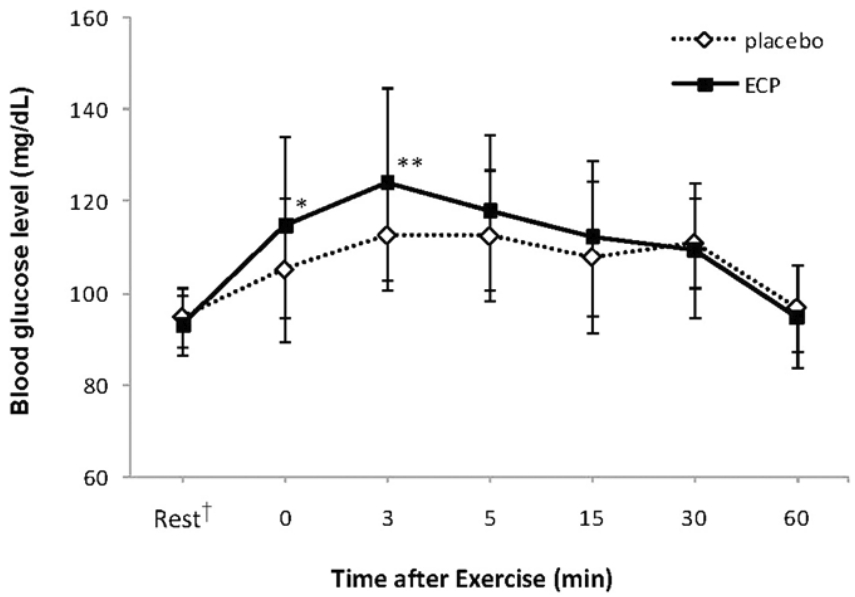
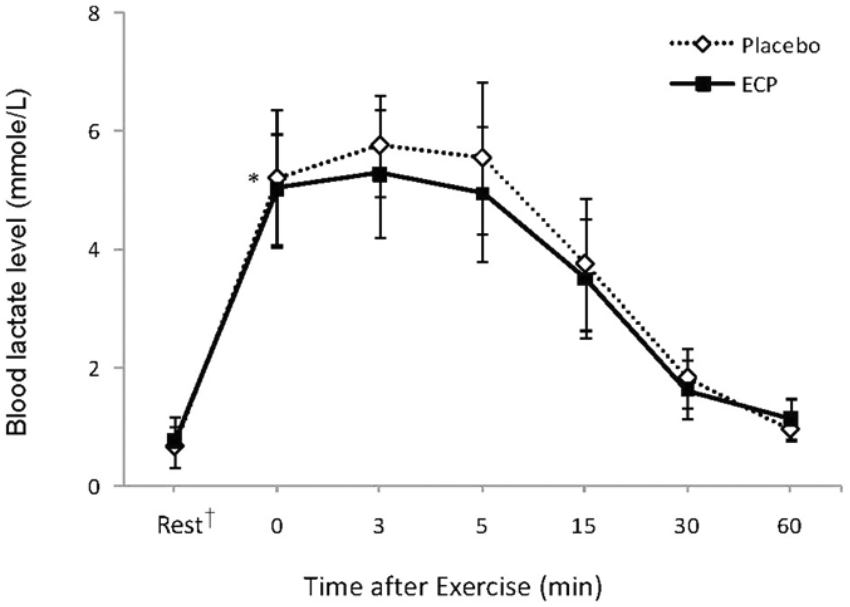
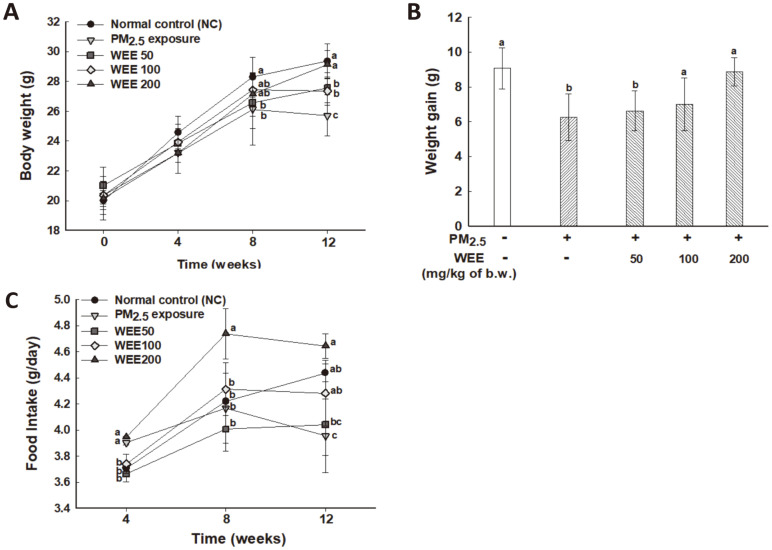
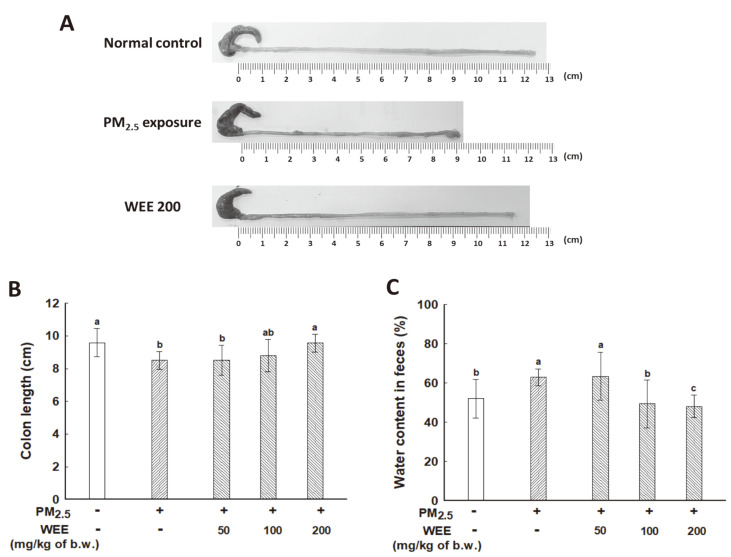
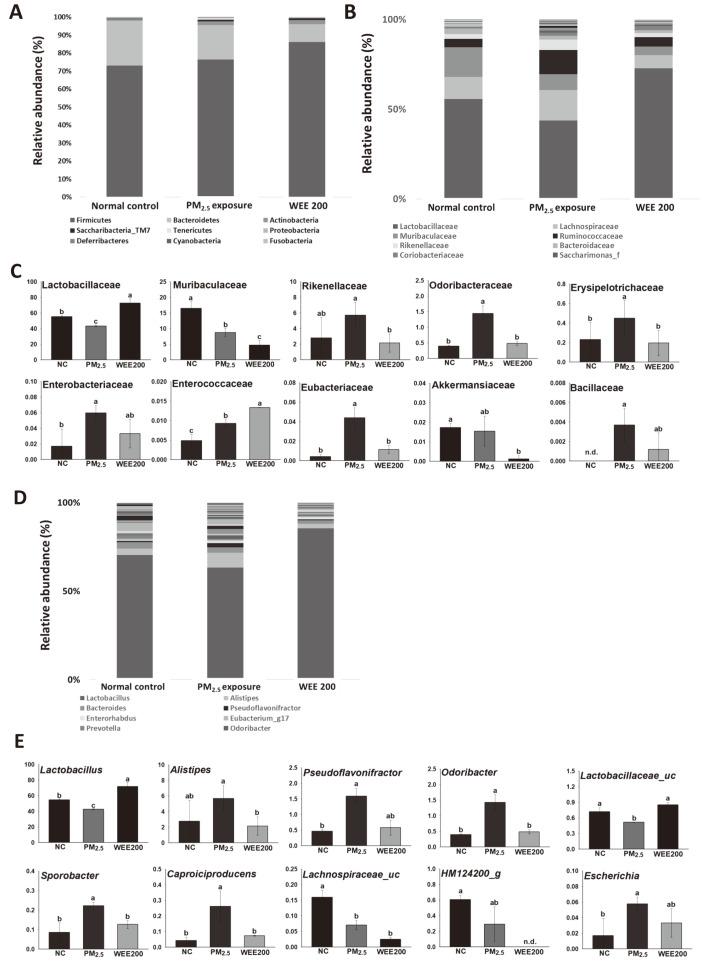
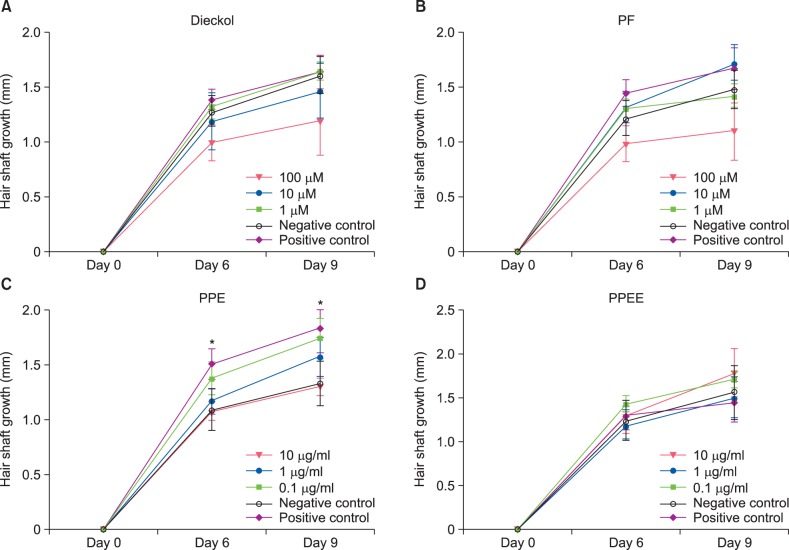
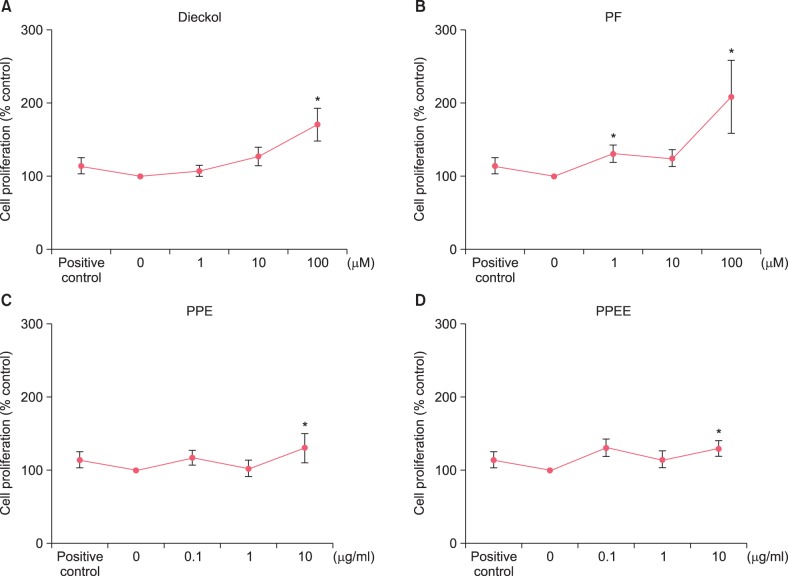
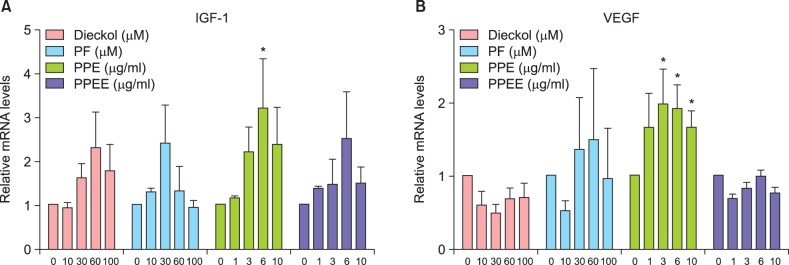
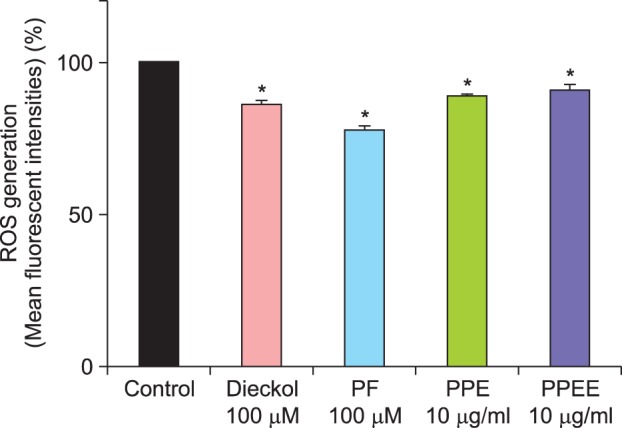
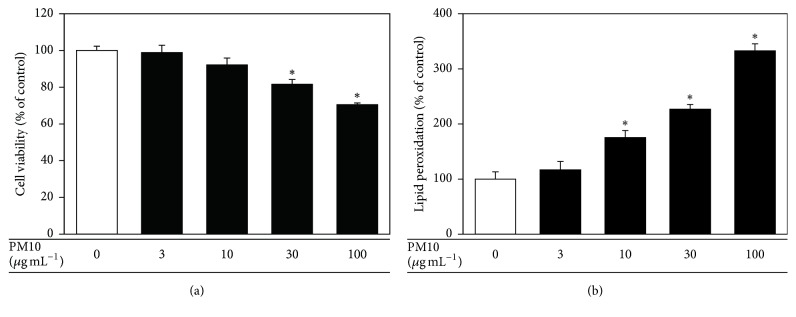

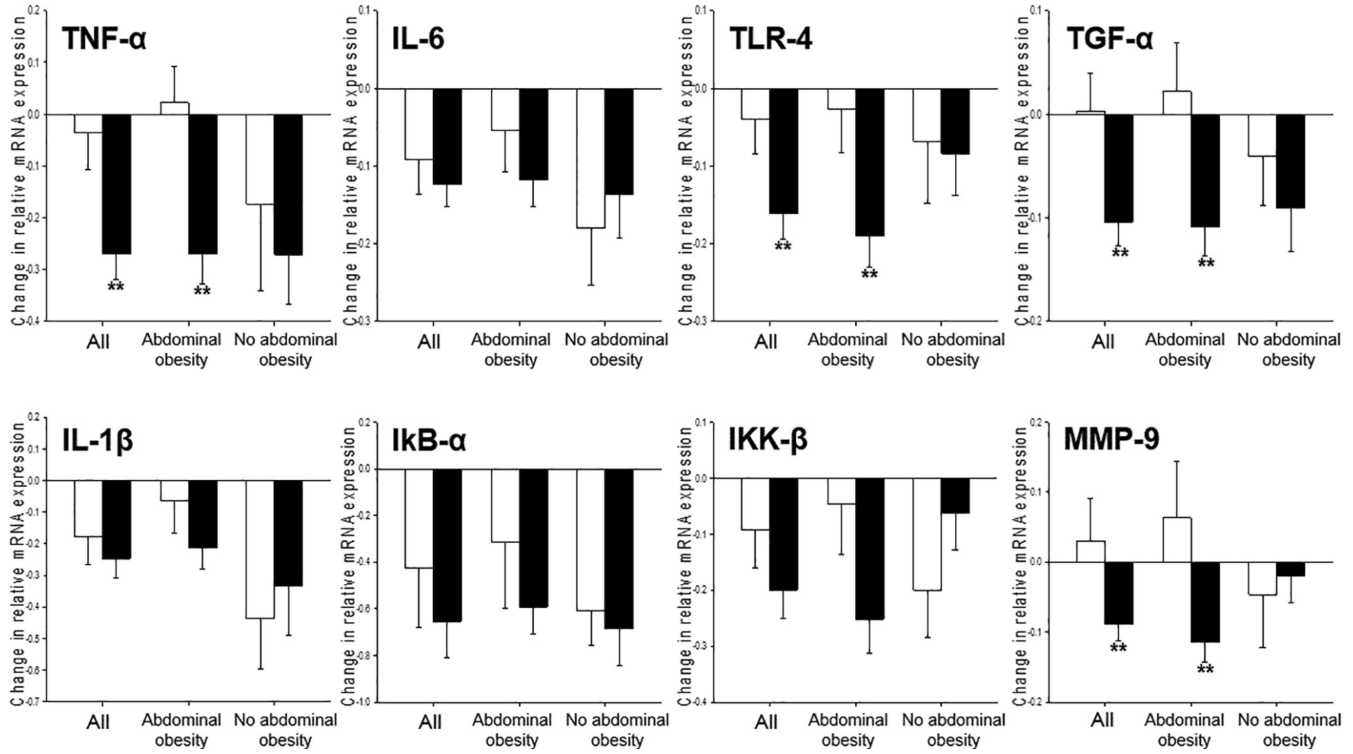
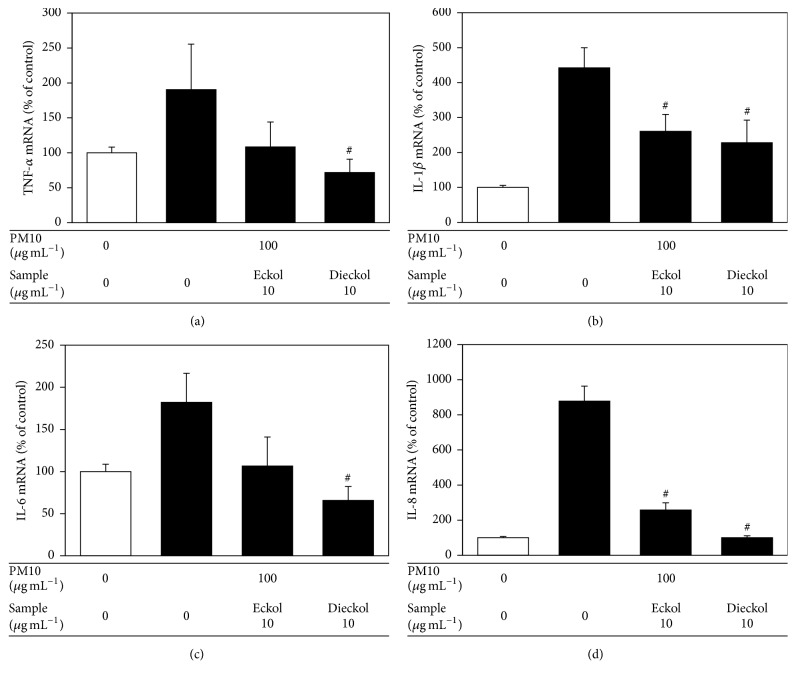
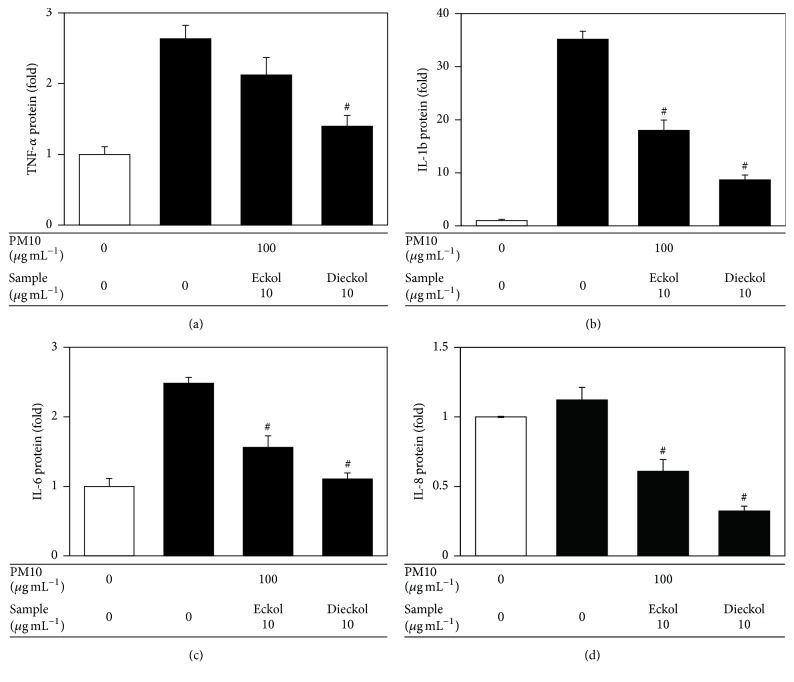
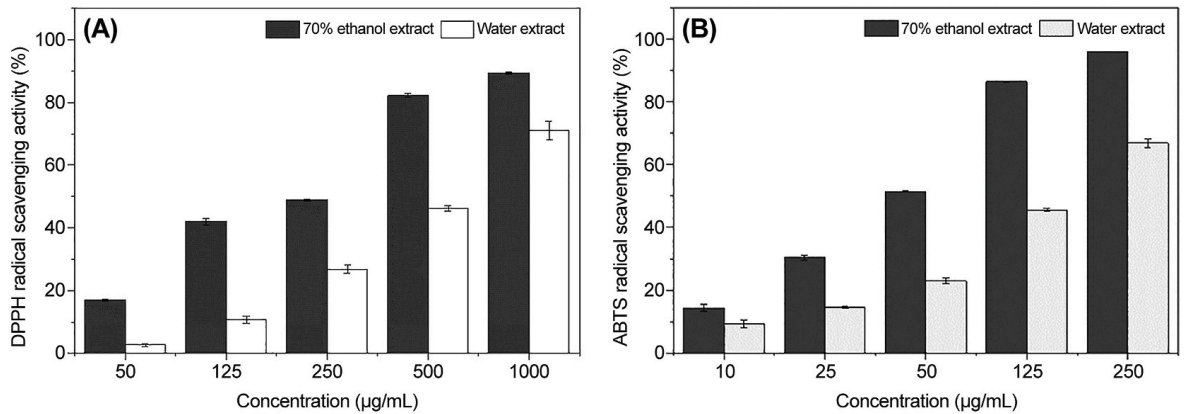

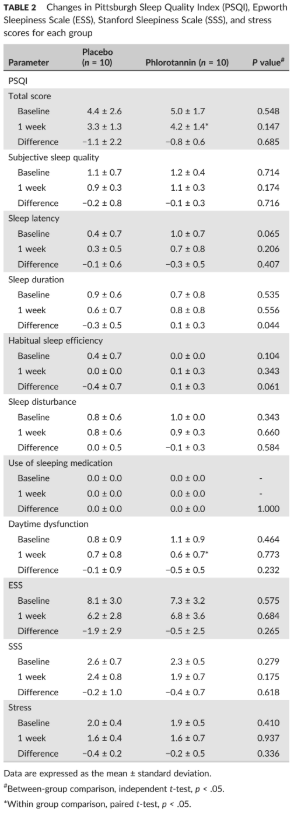
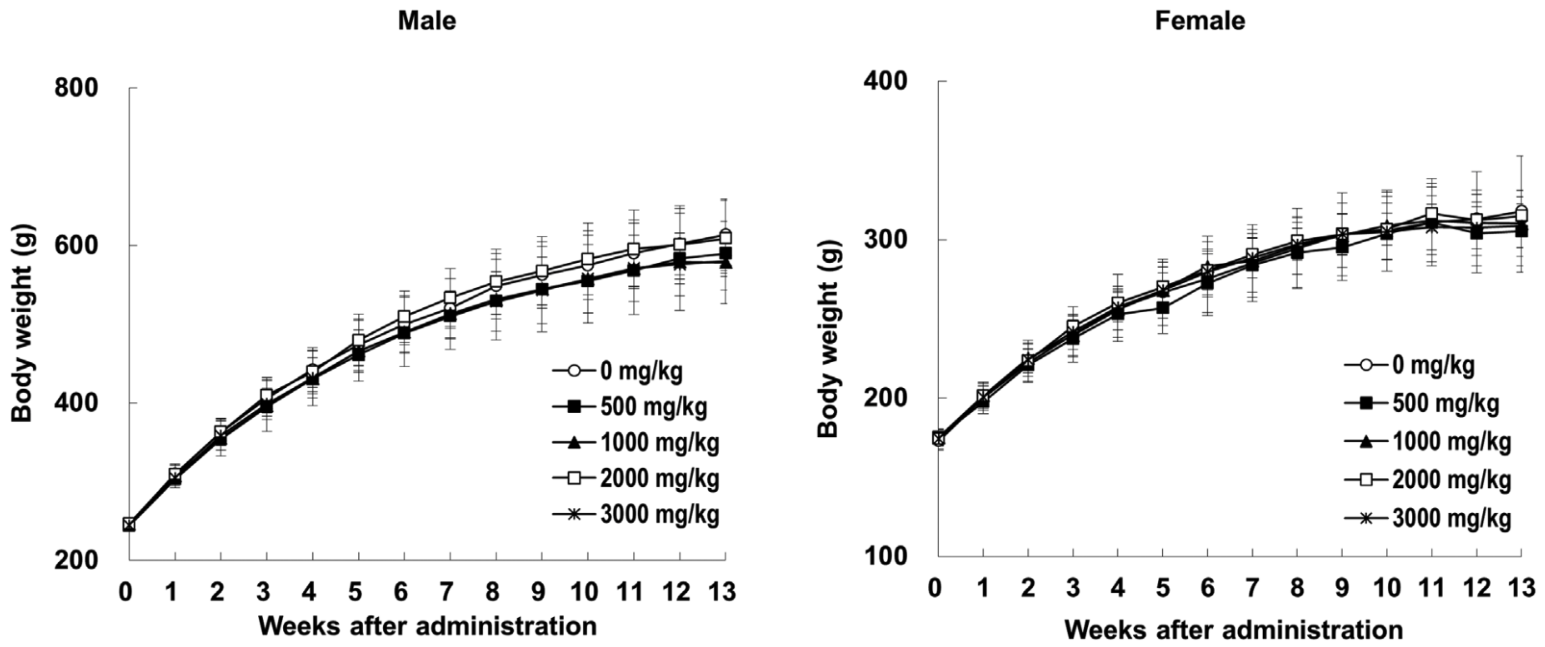
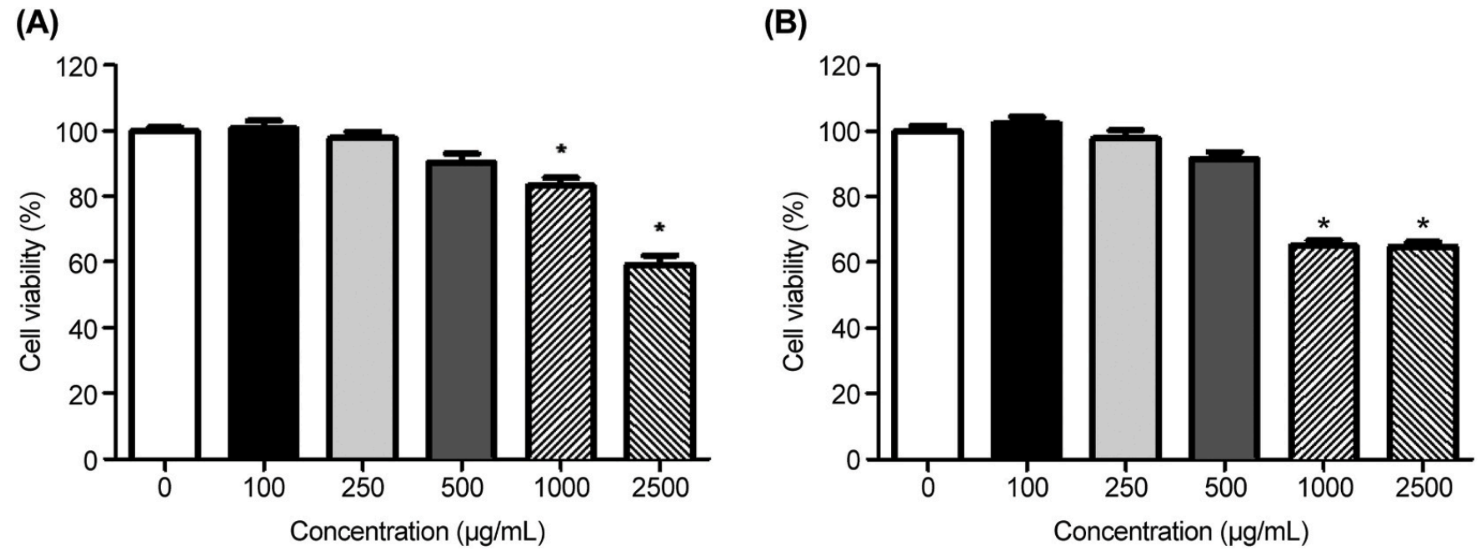
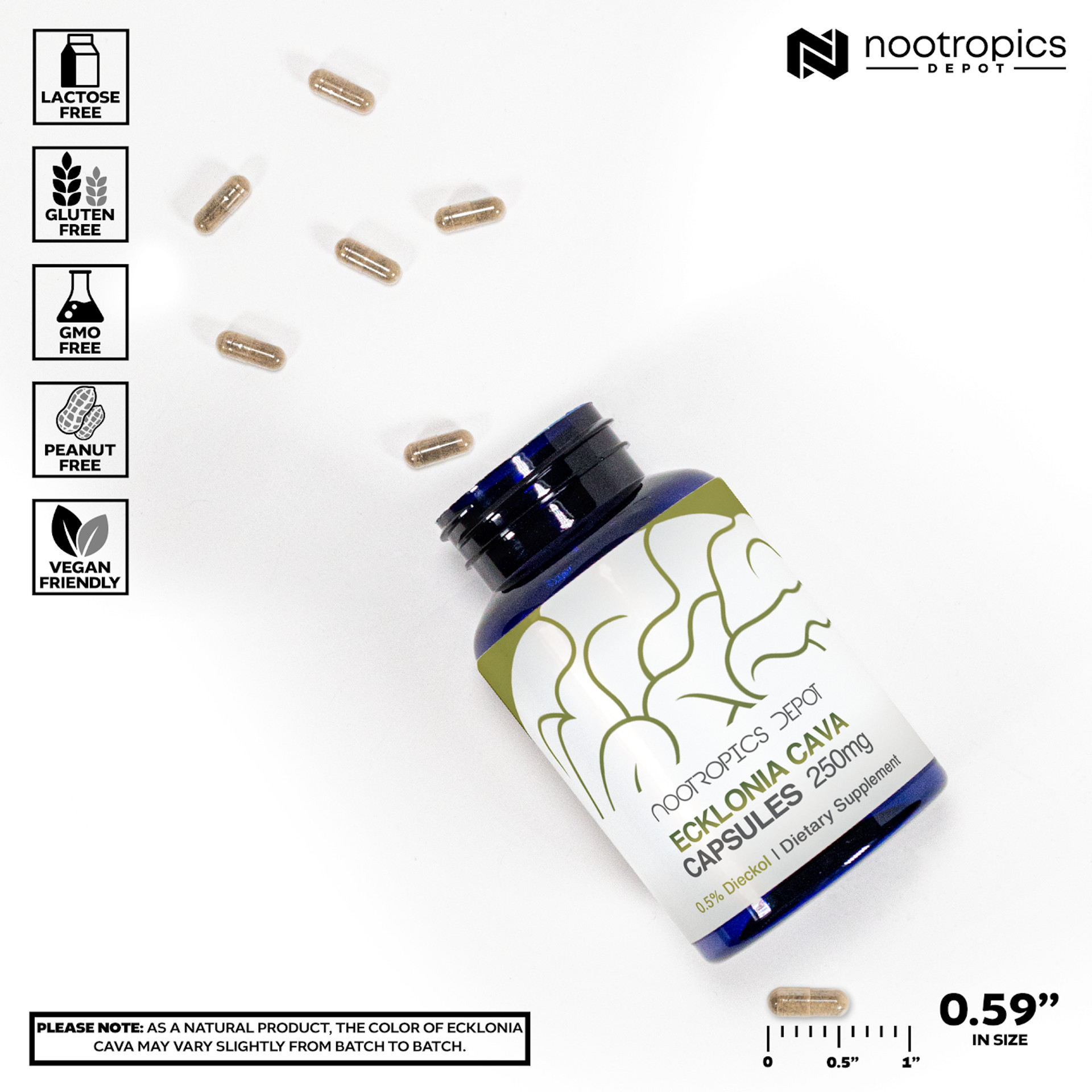
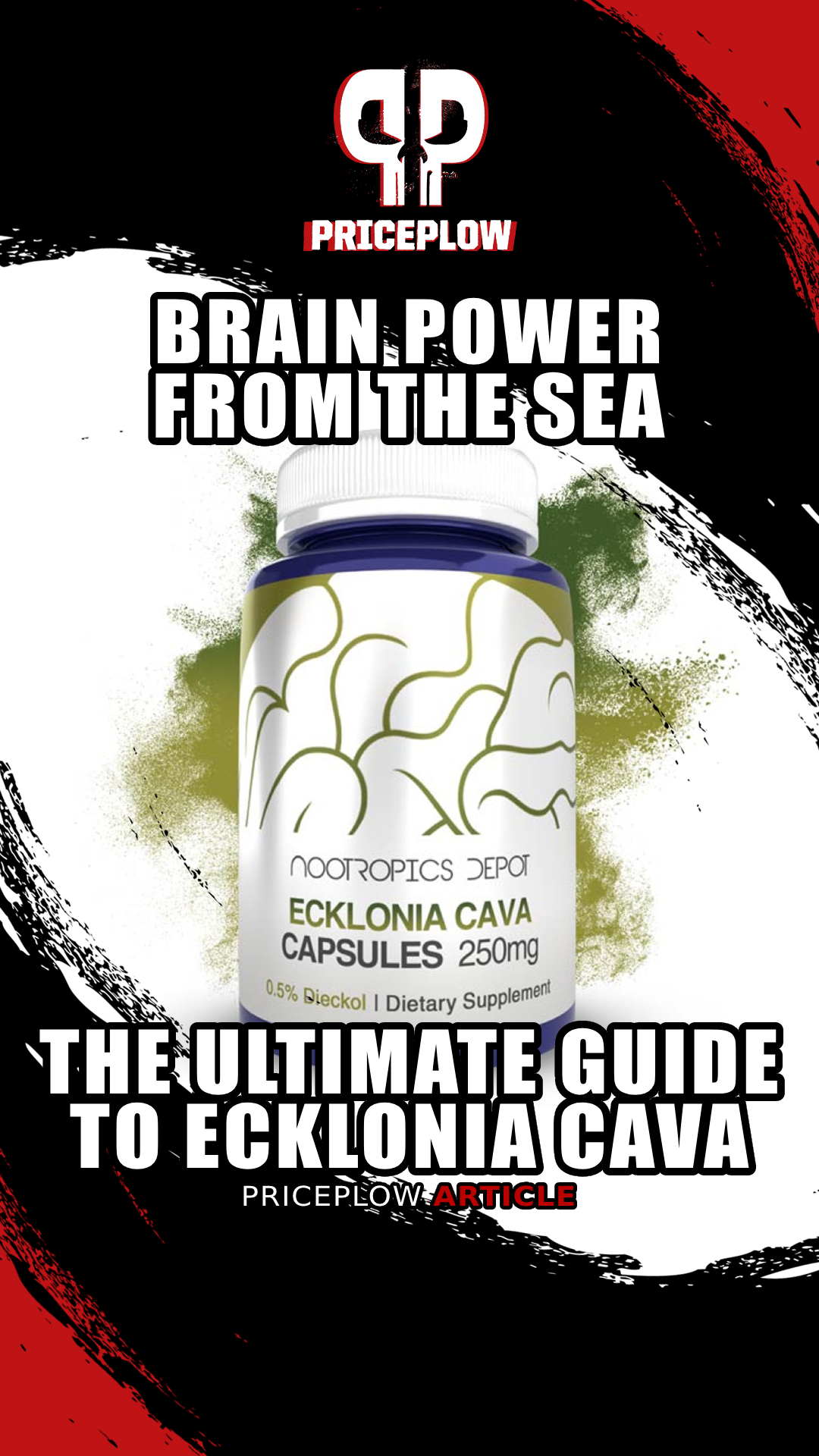


Comments and Discussion (Powered by the PricePlow Forum)